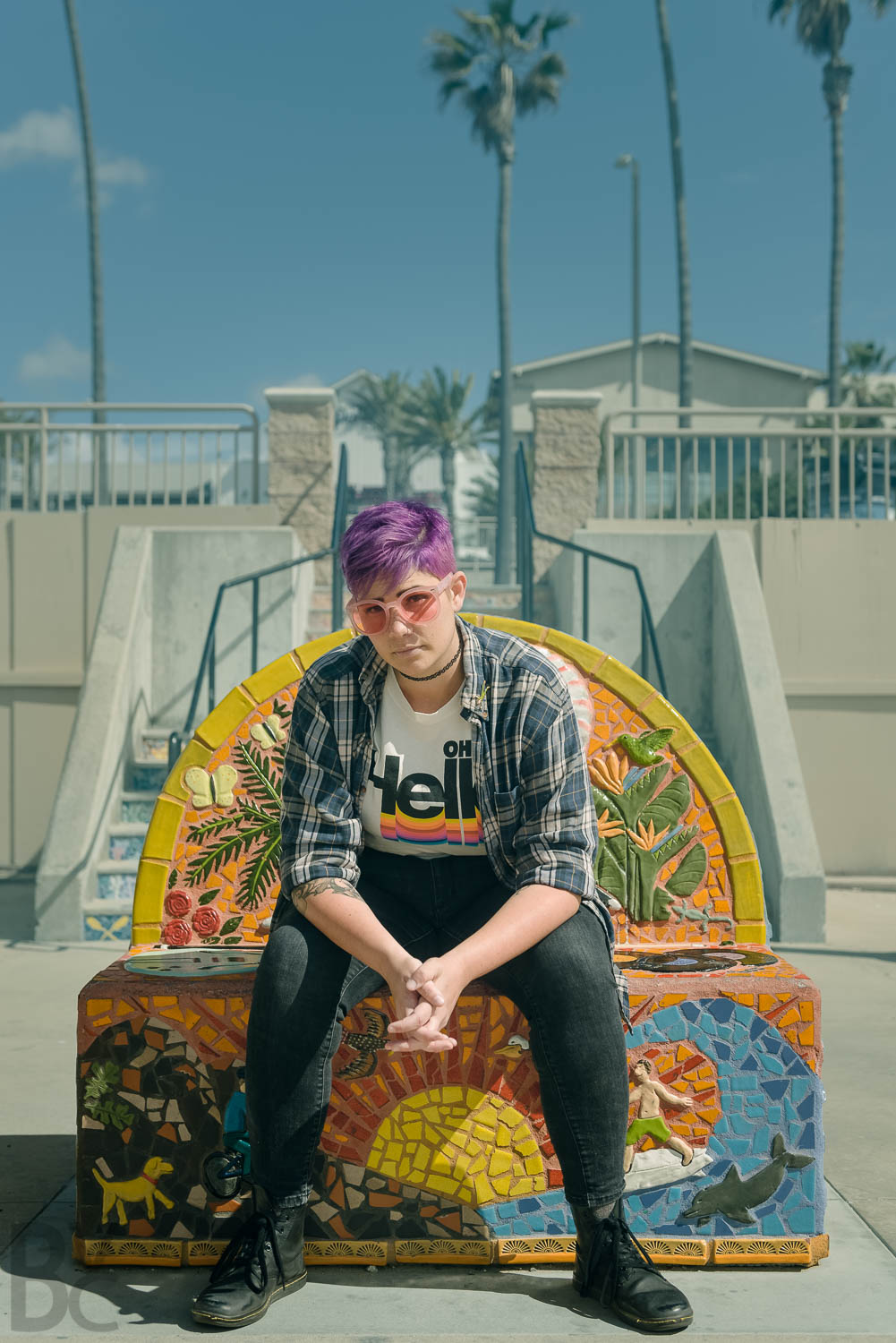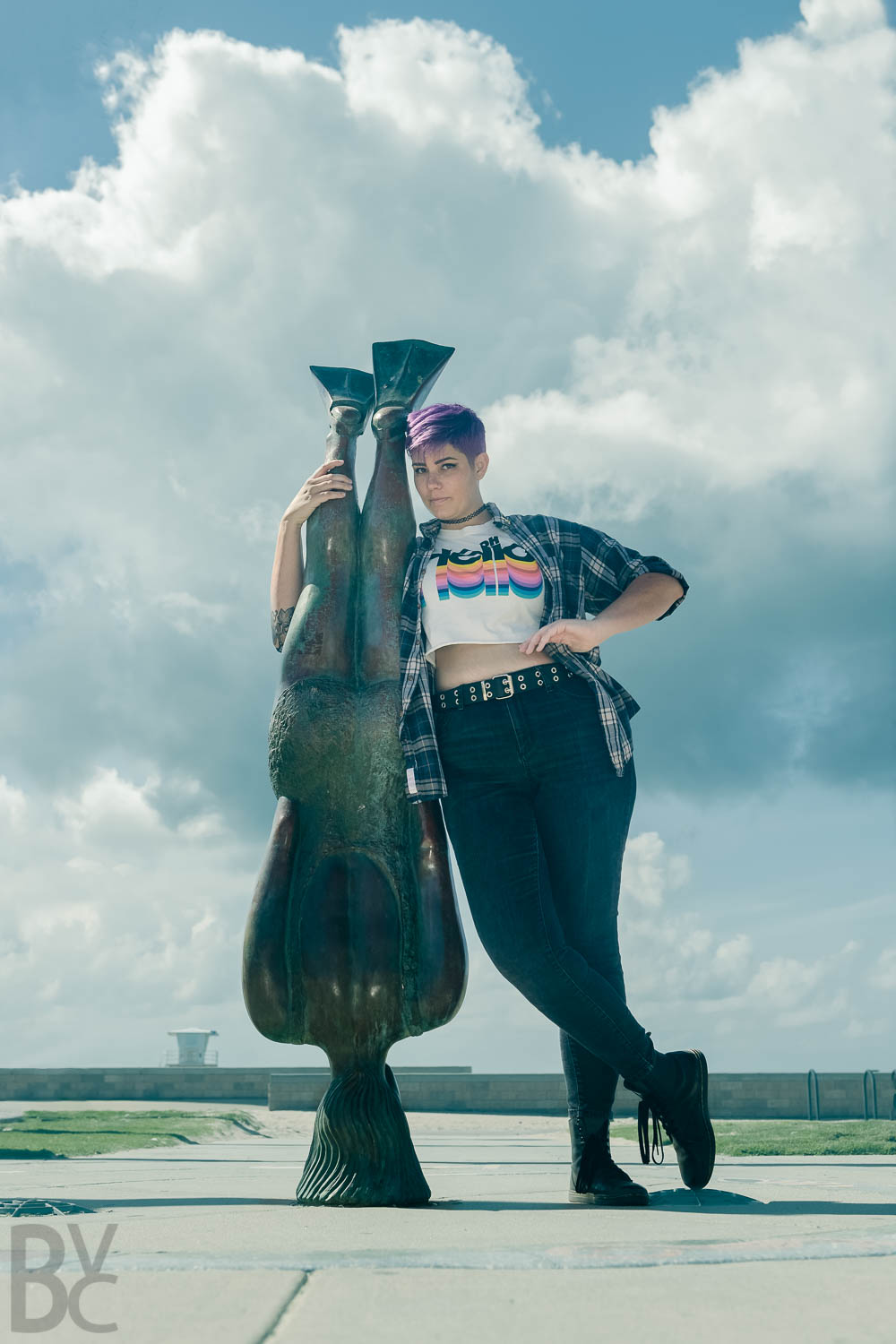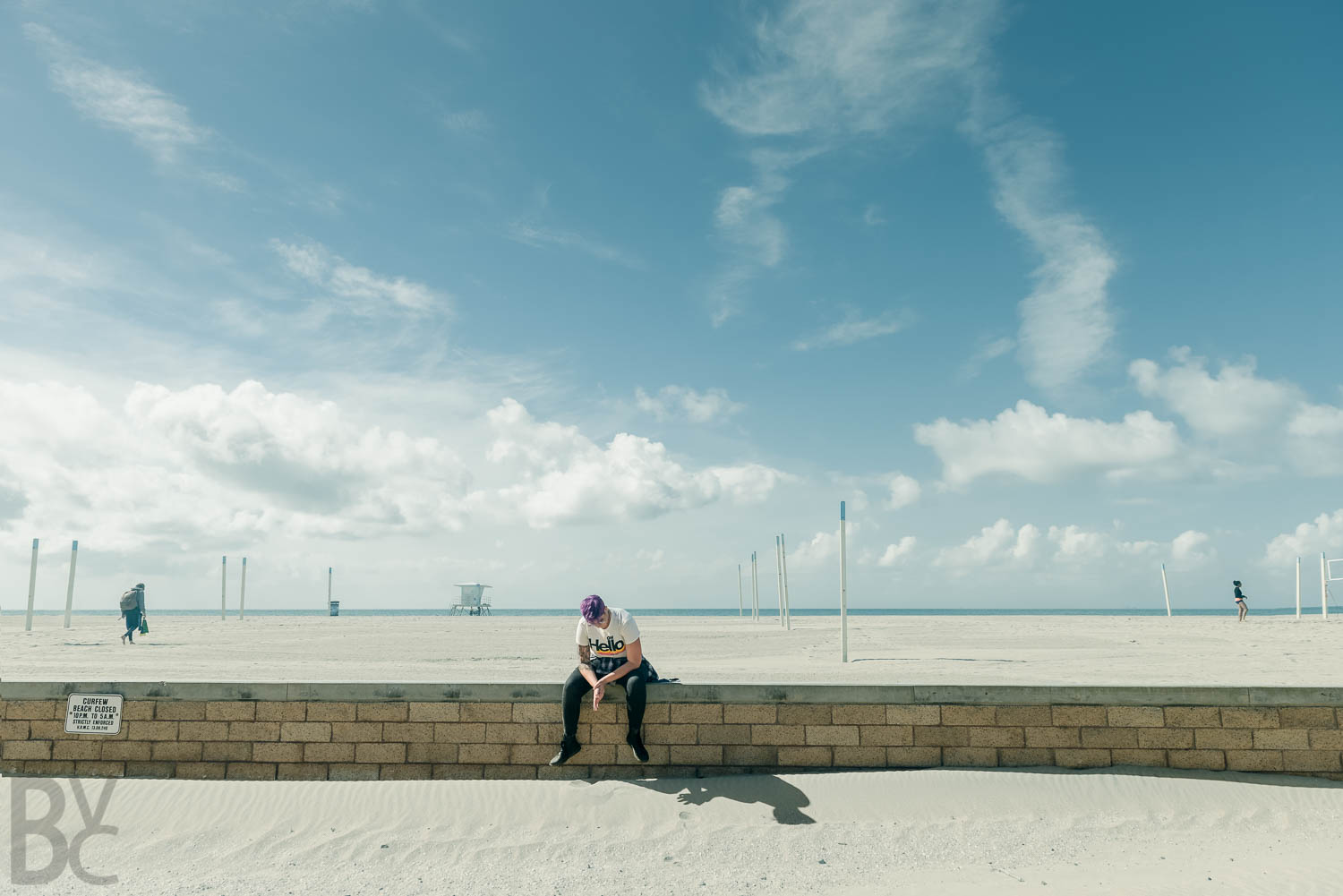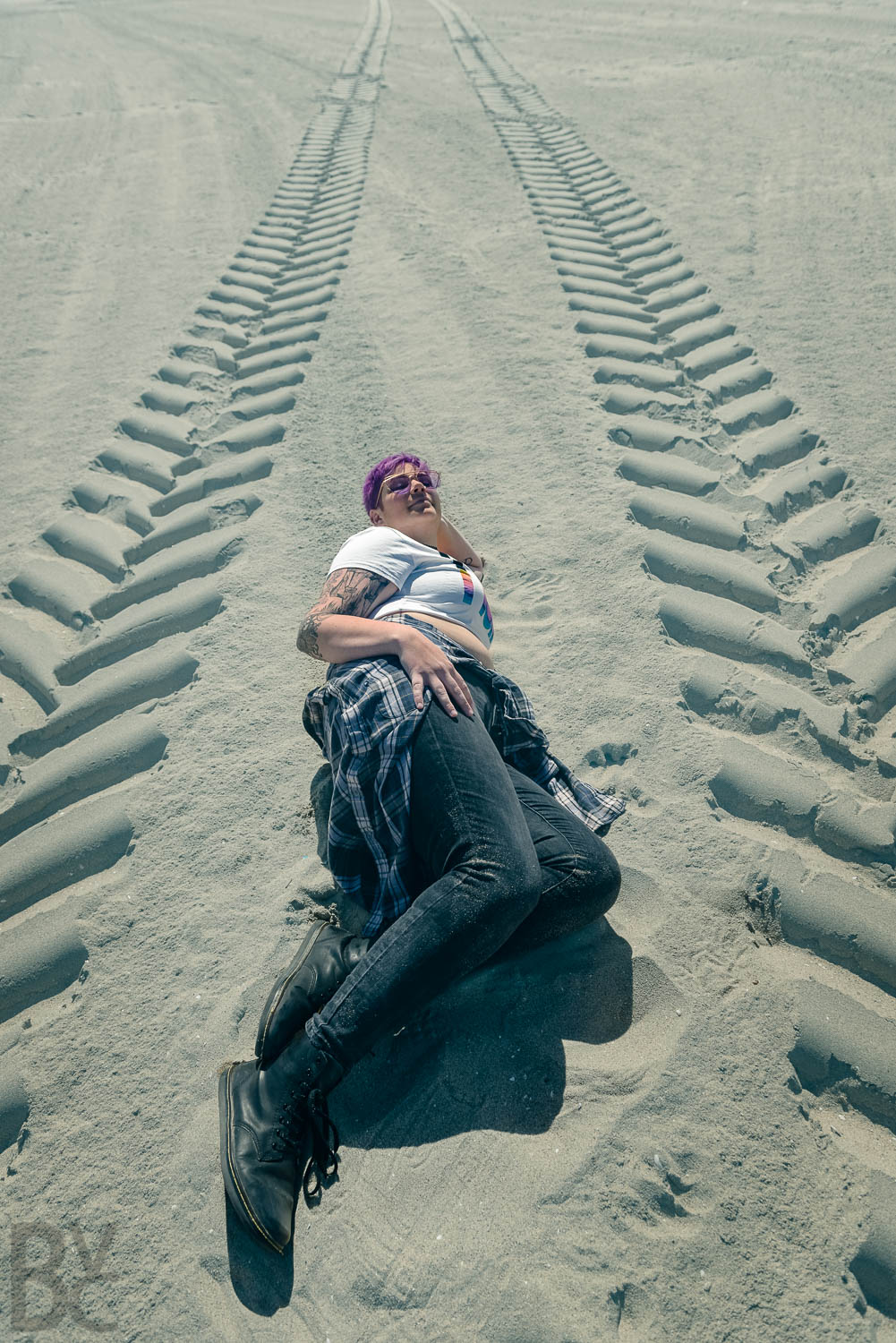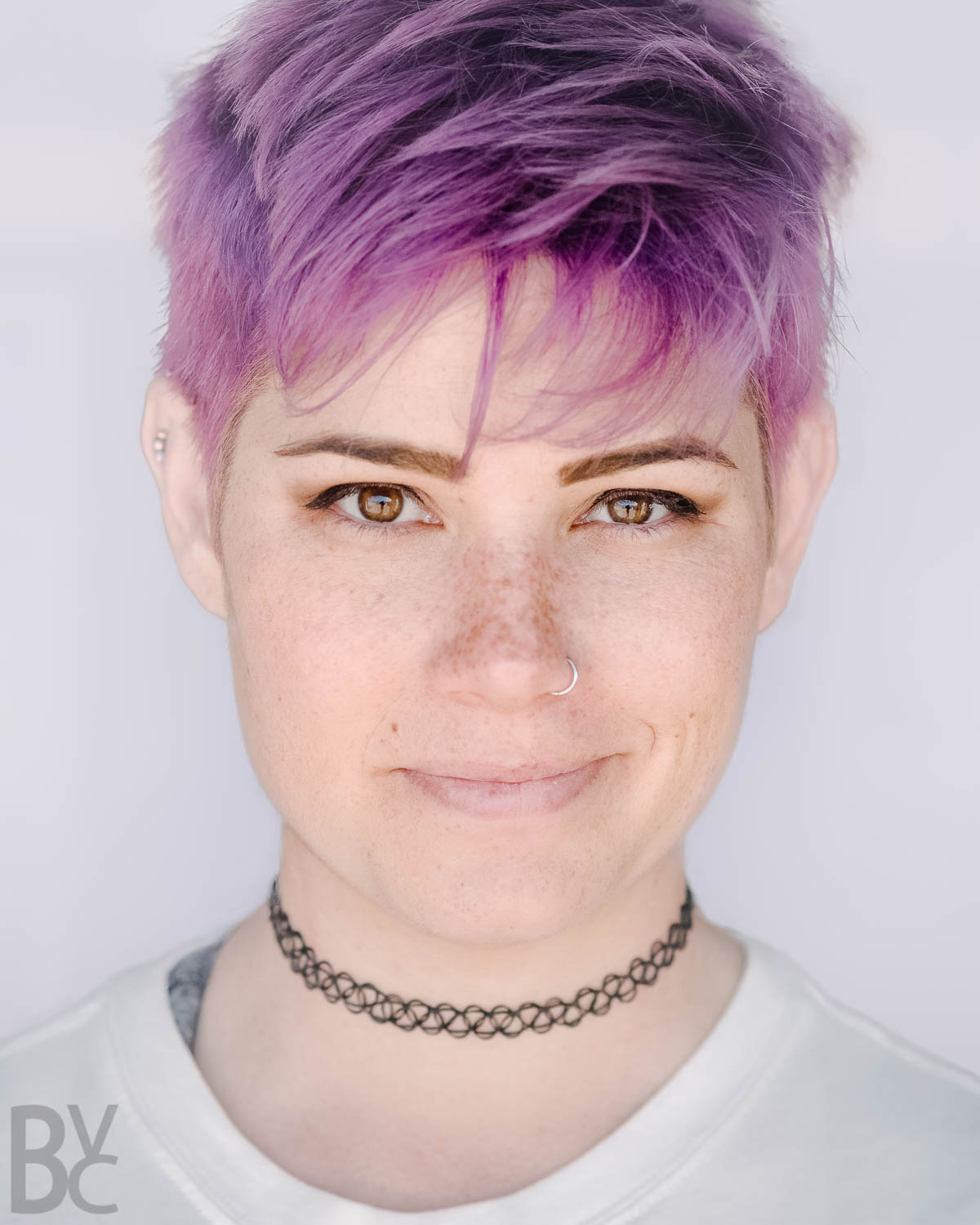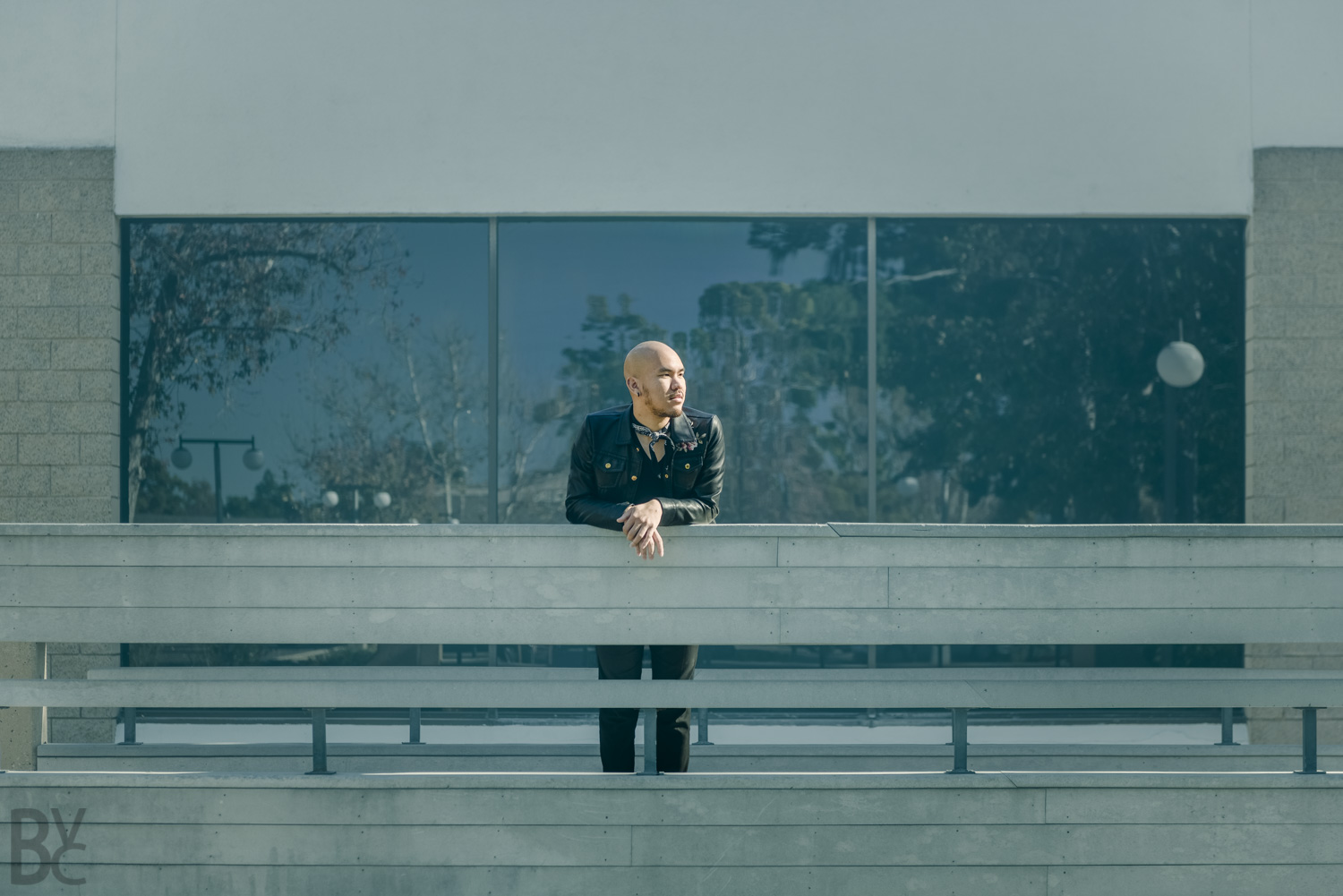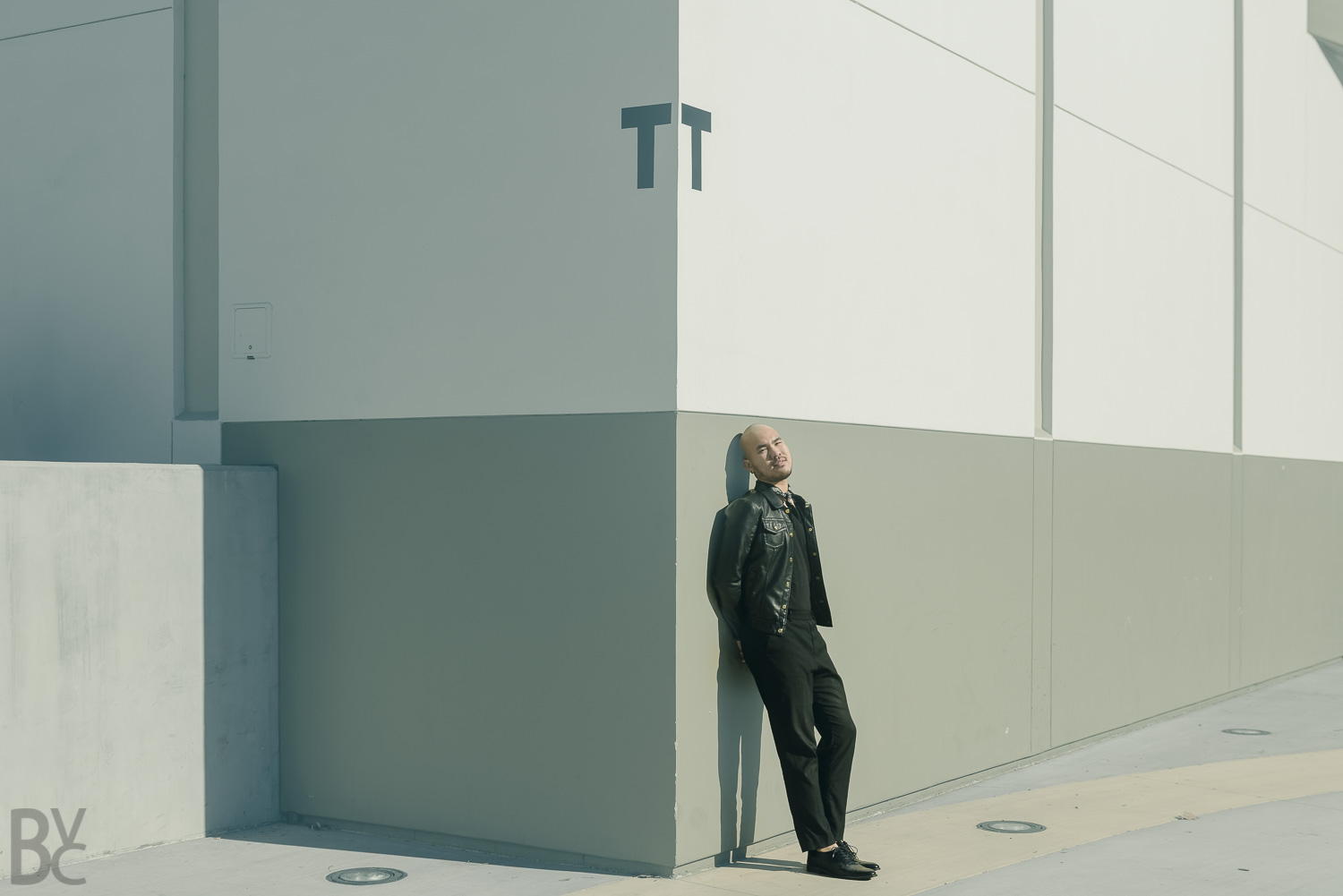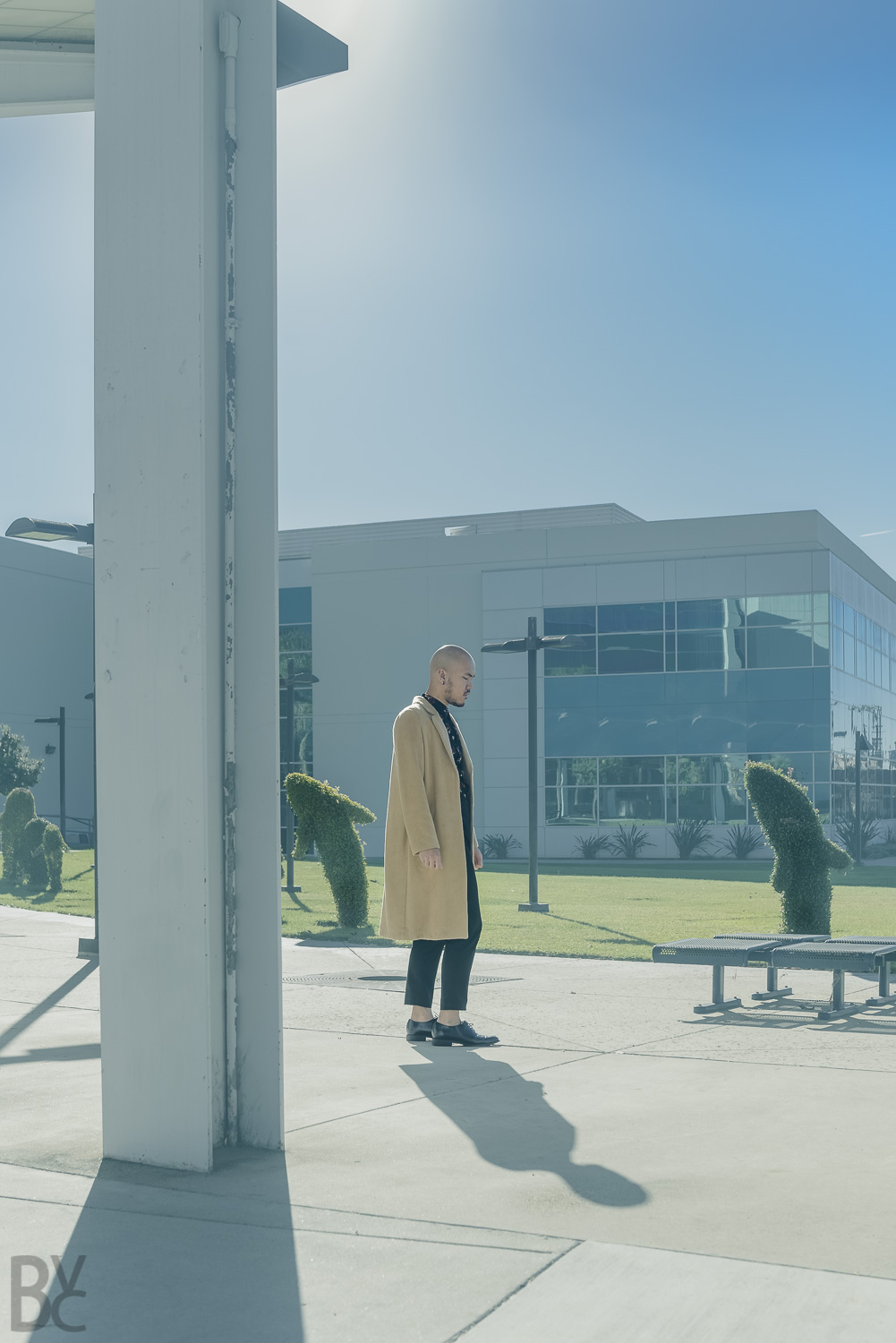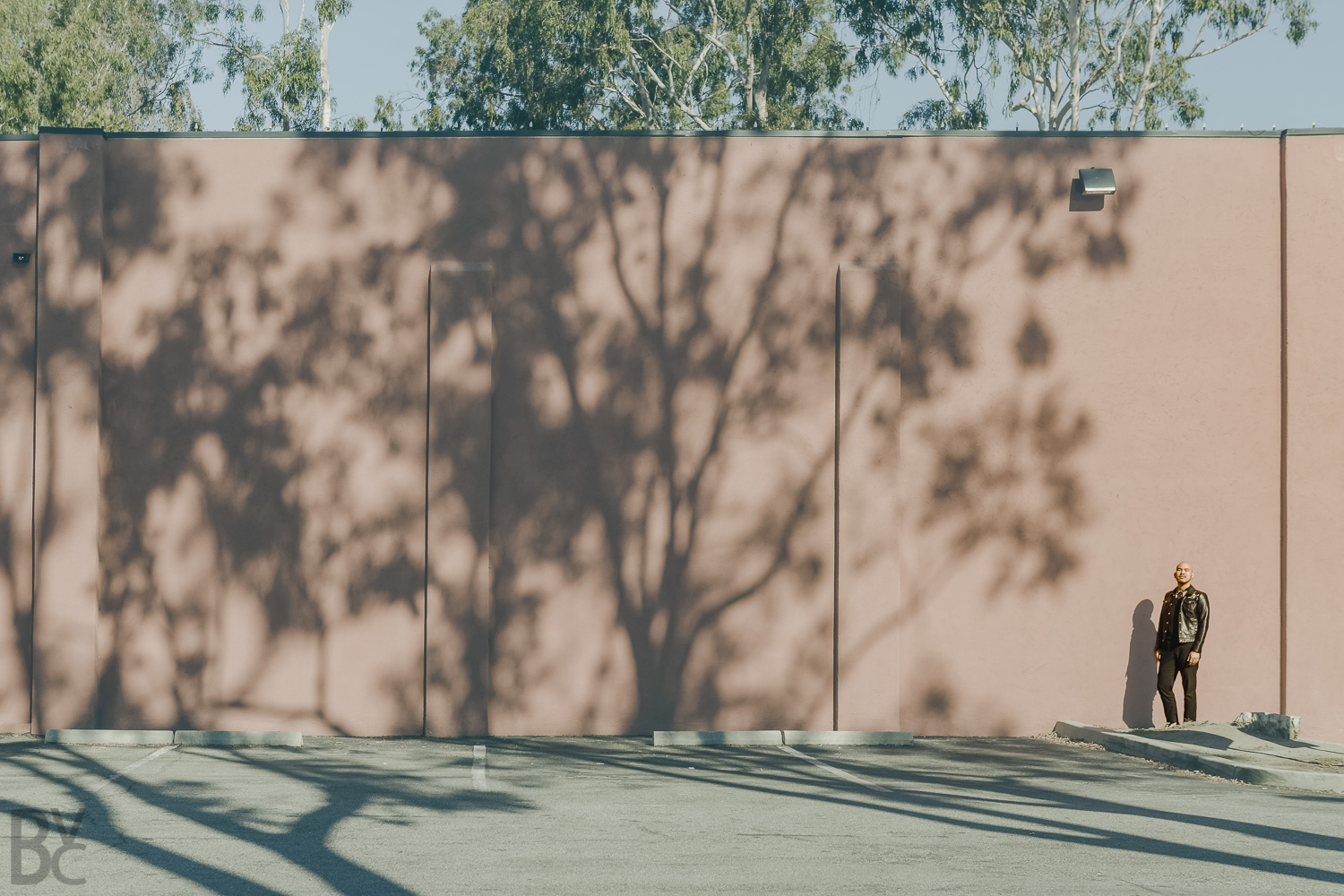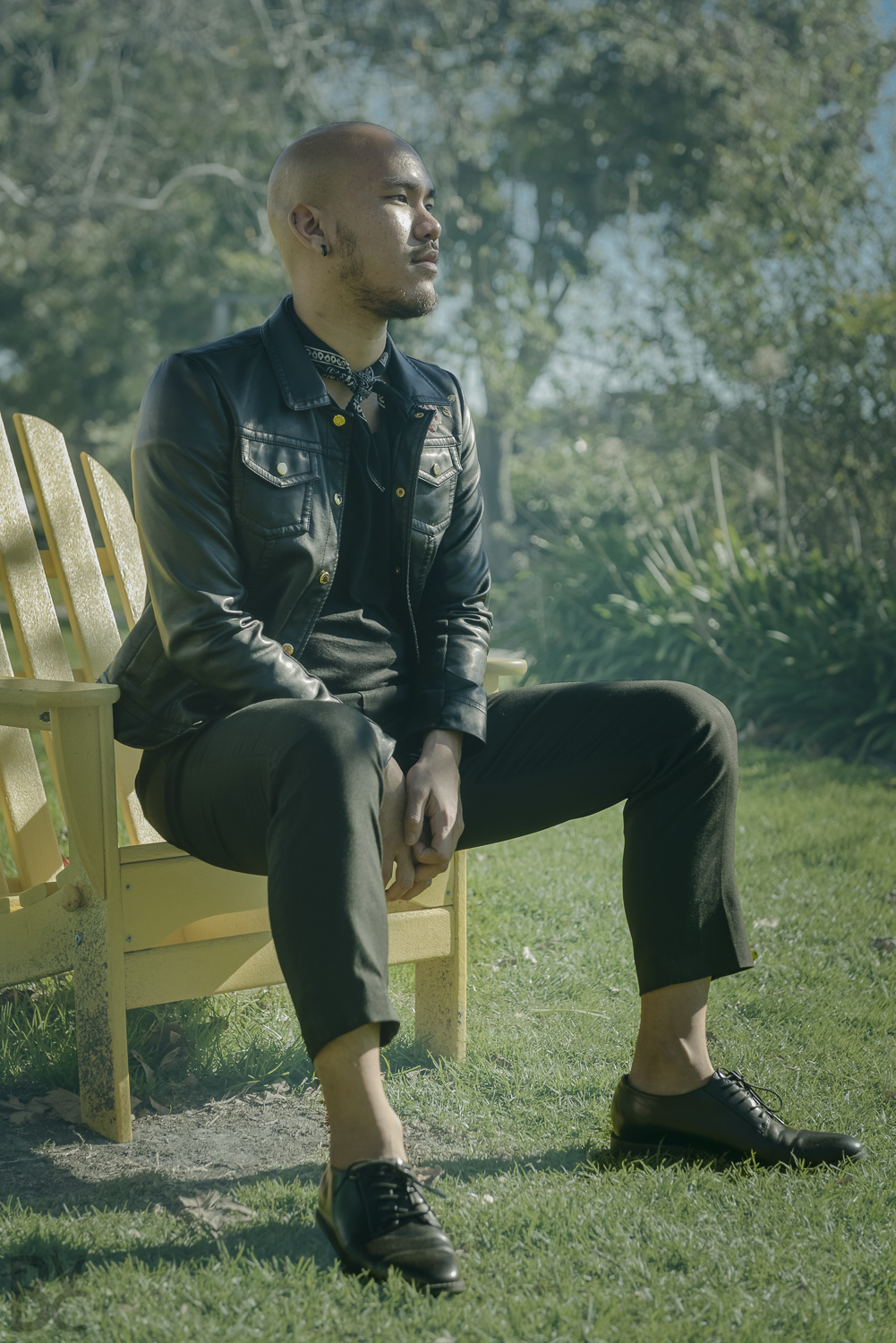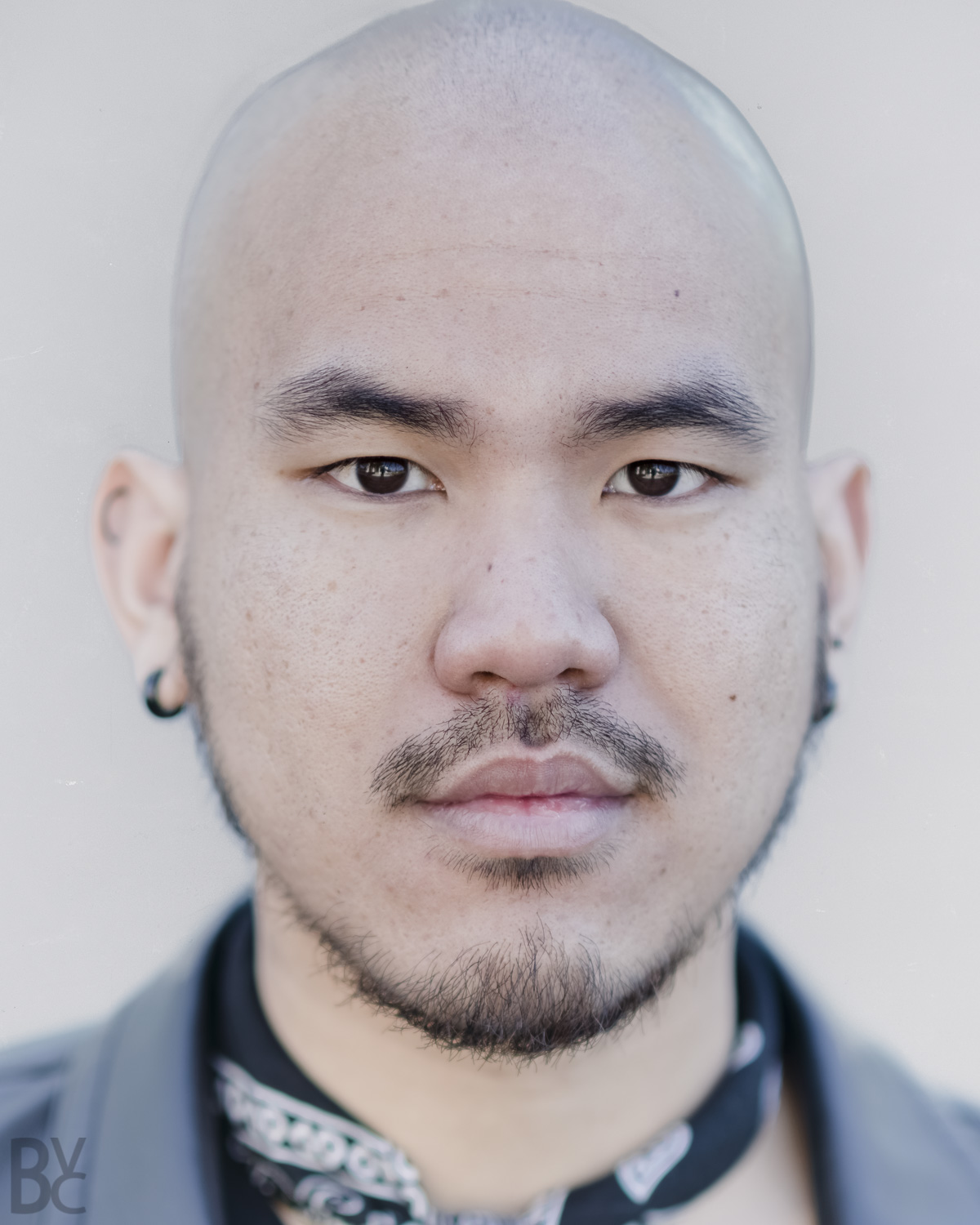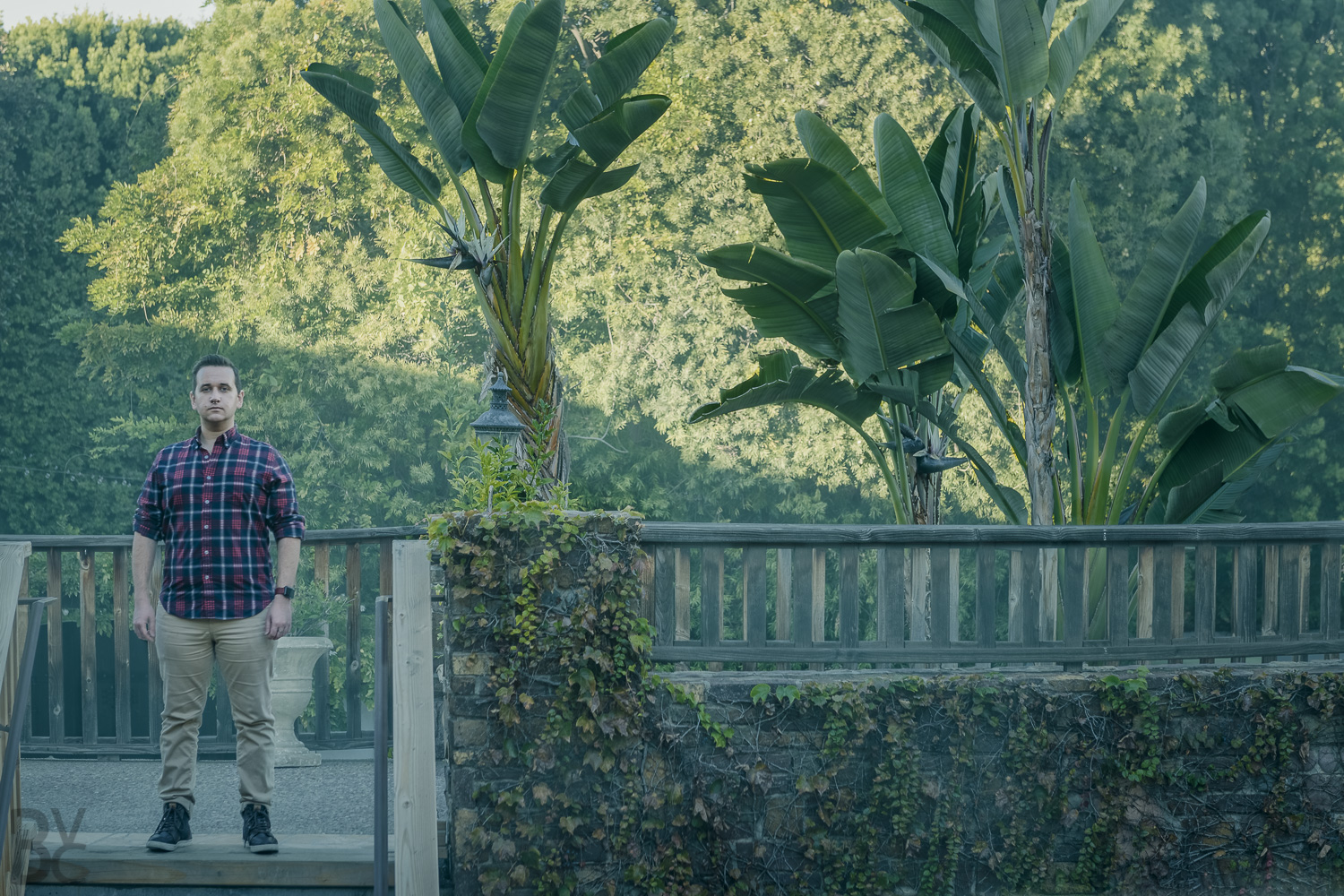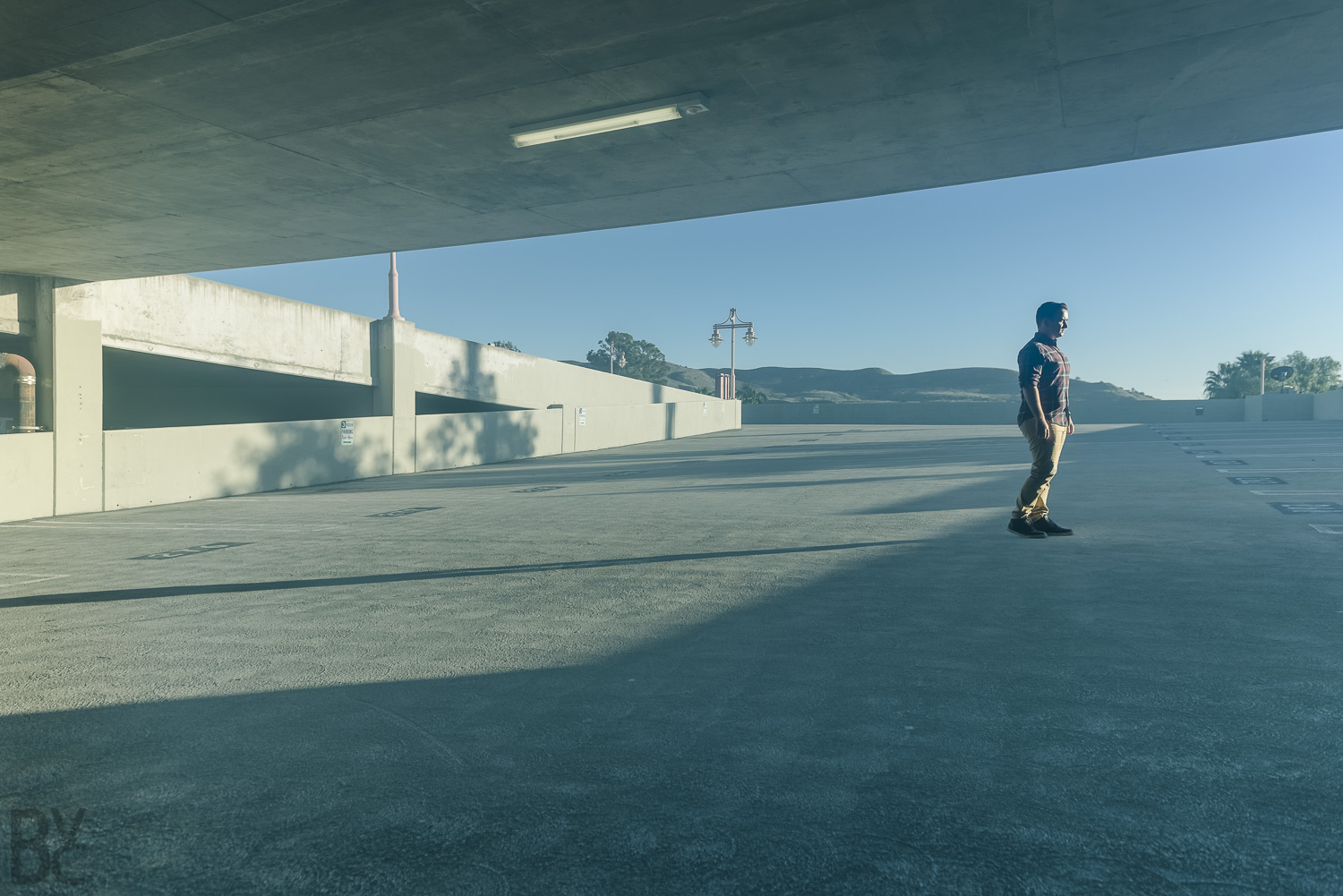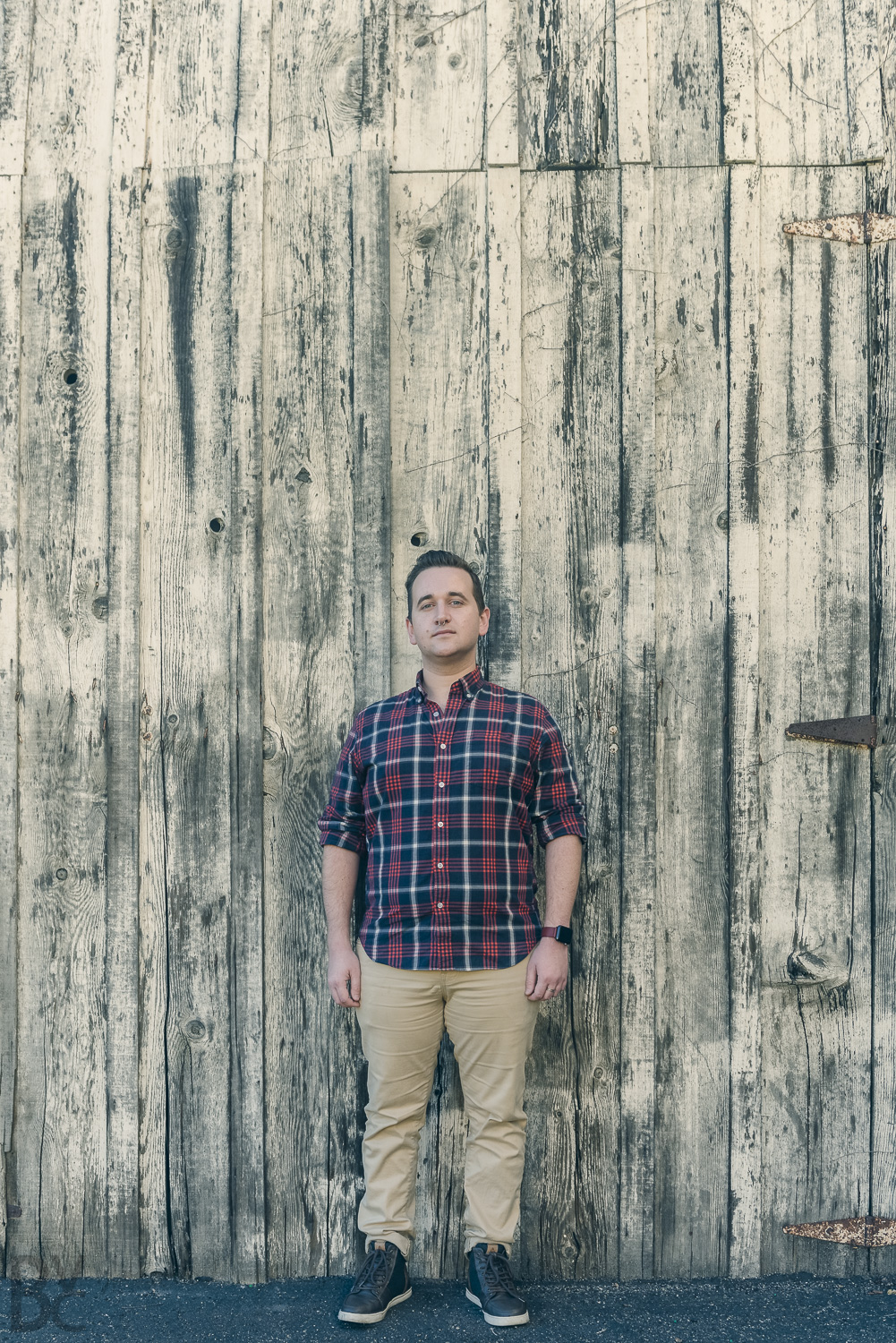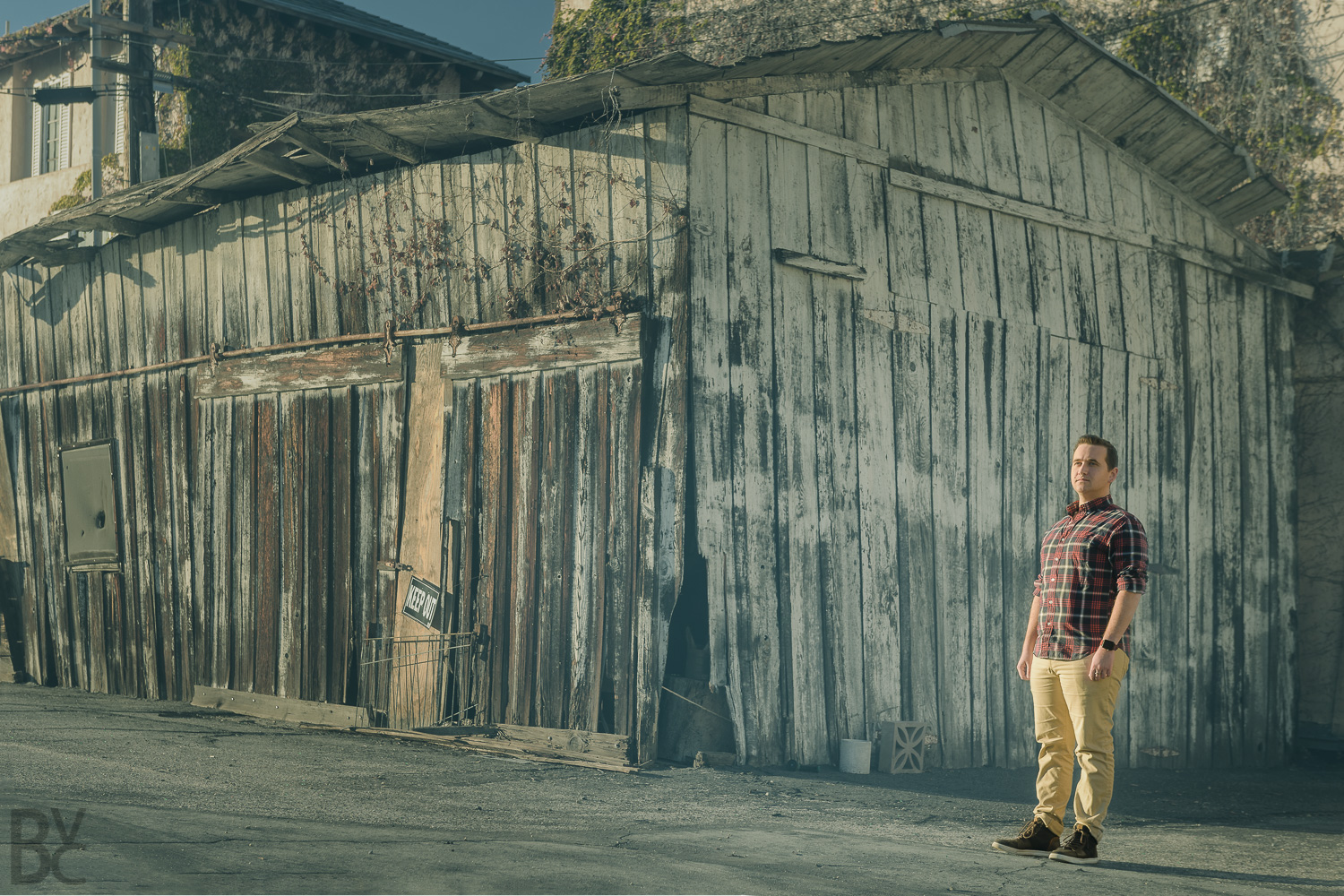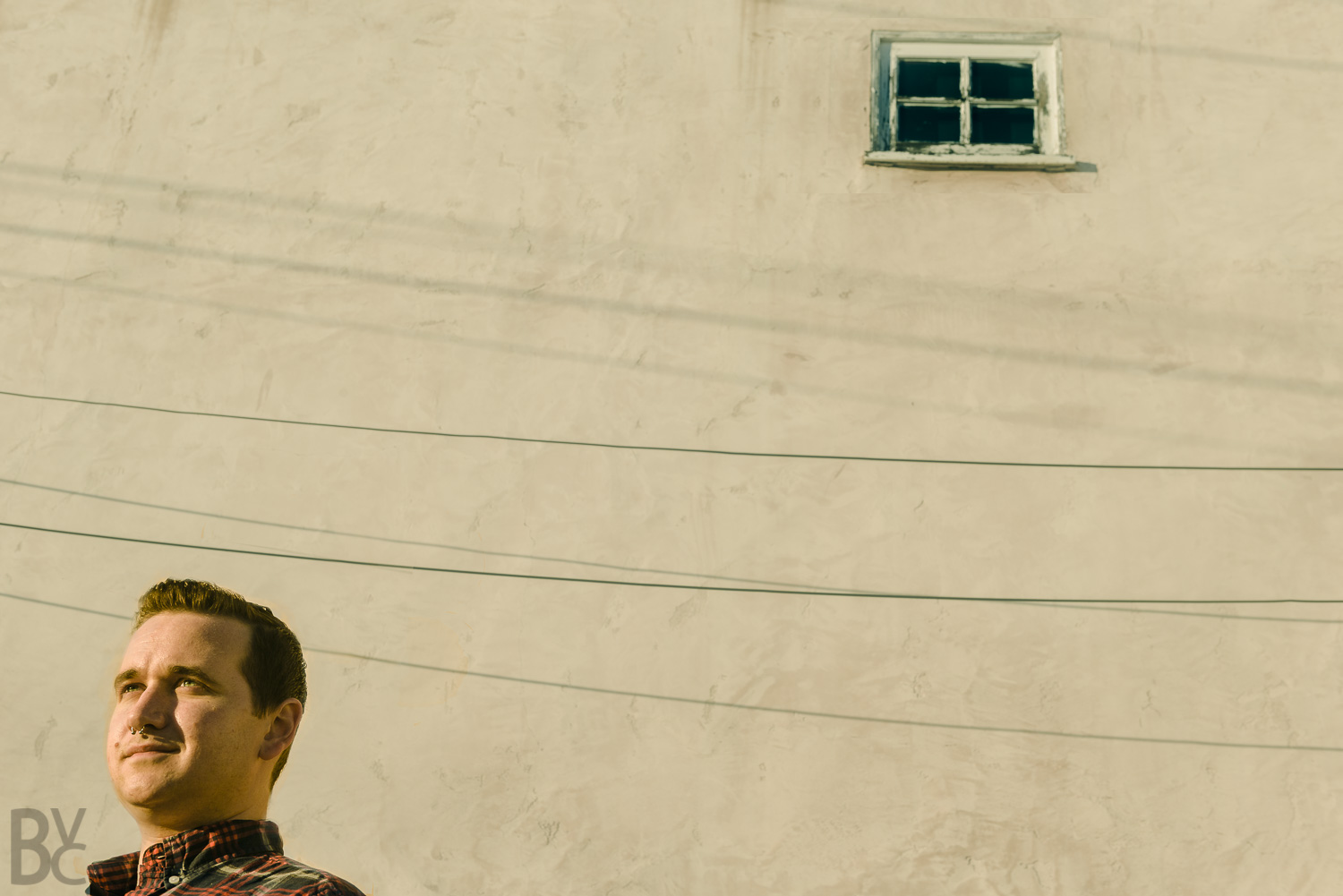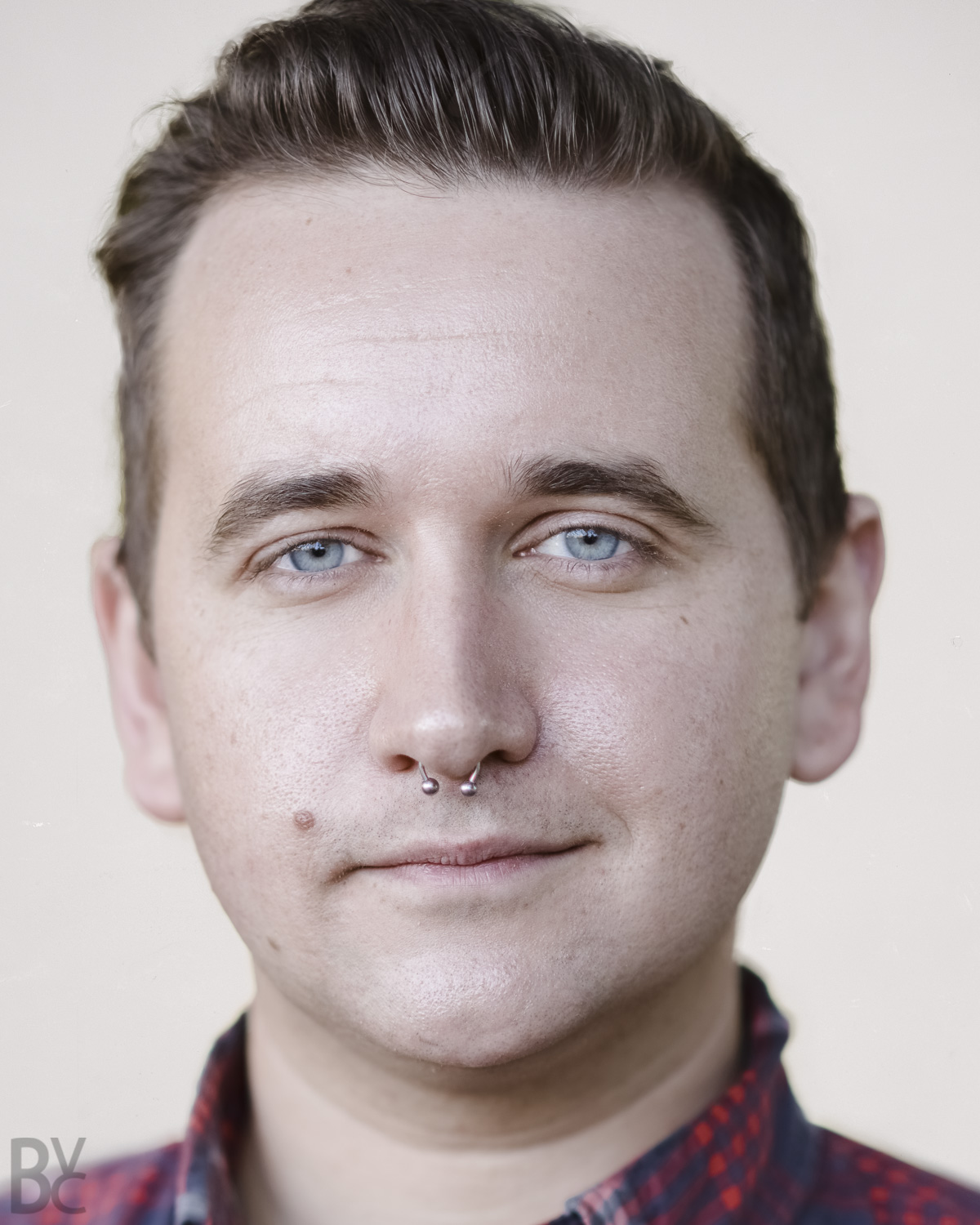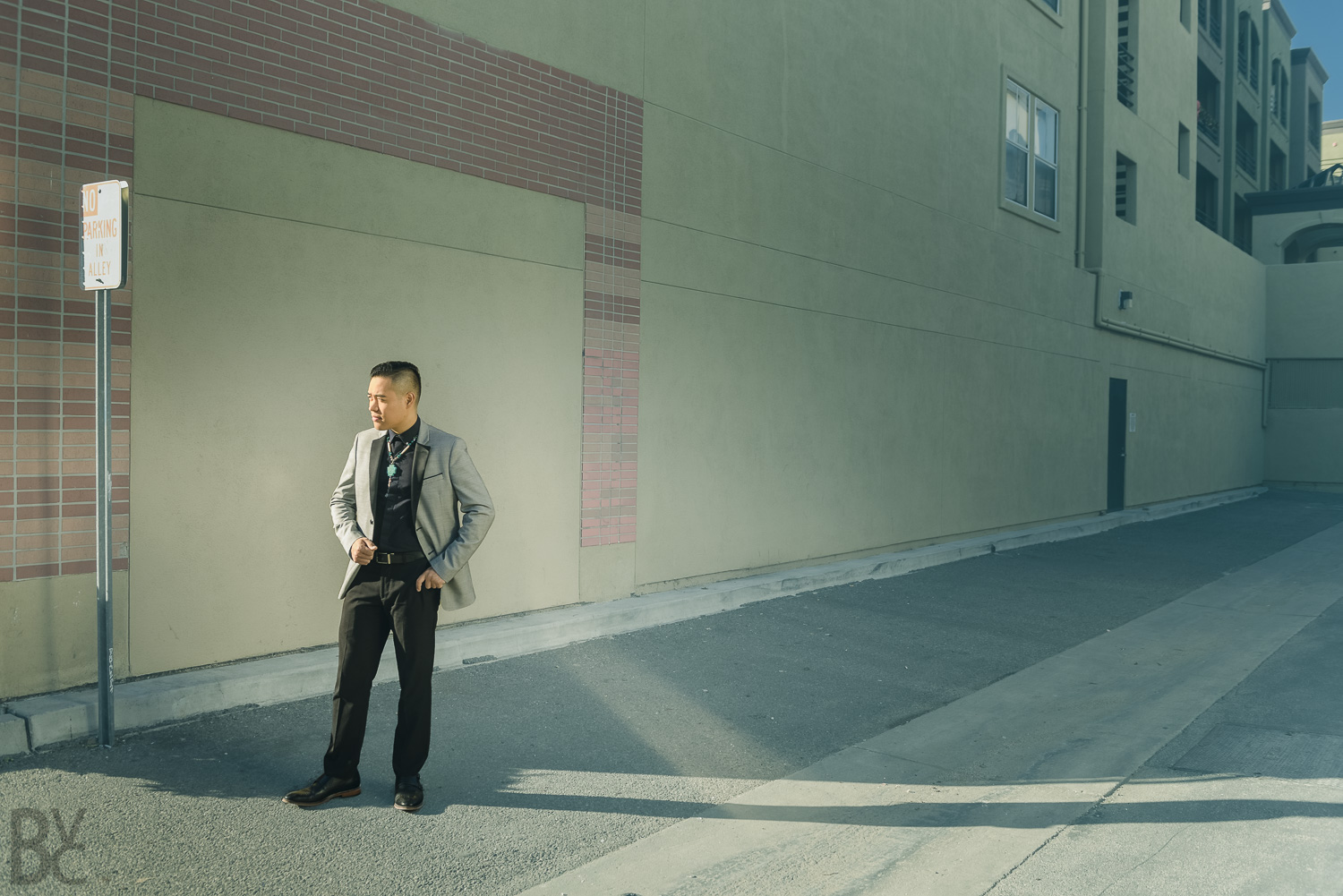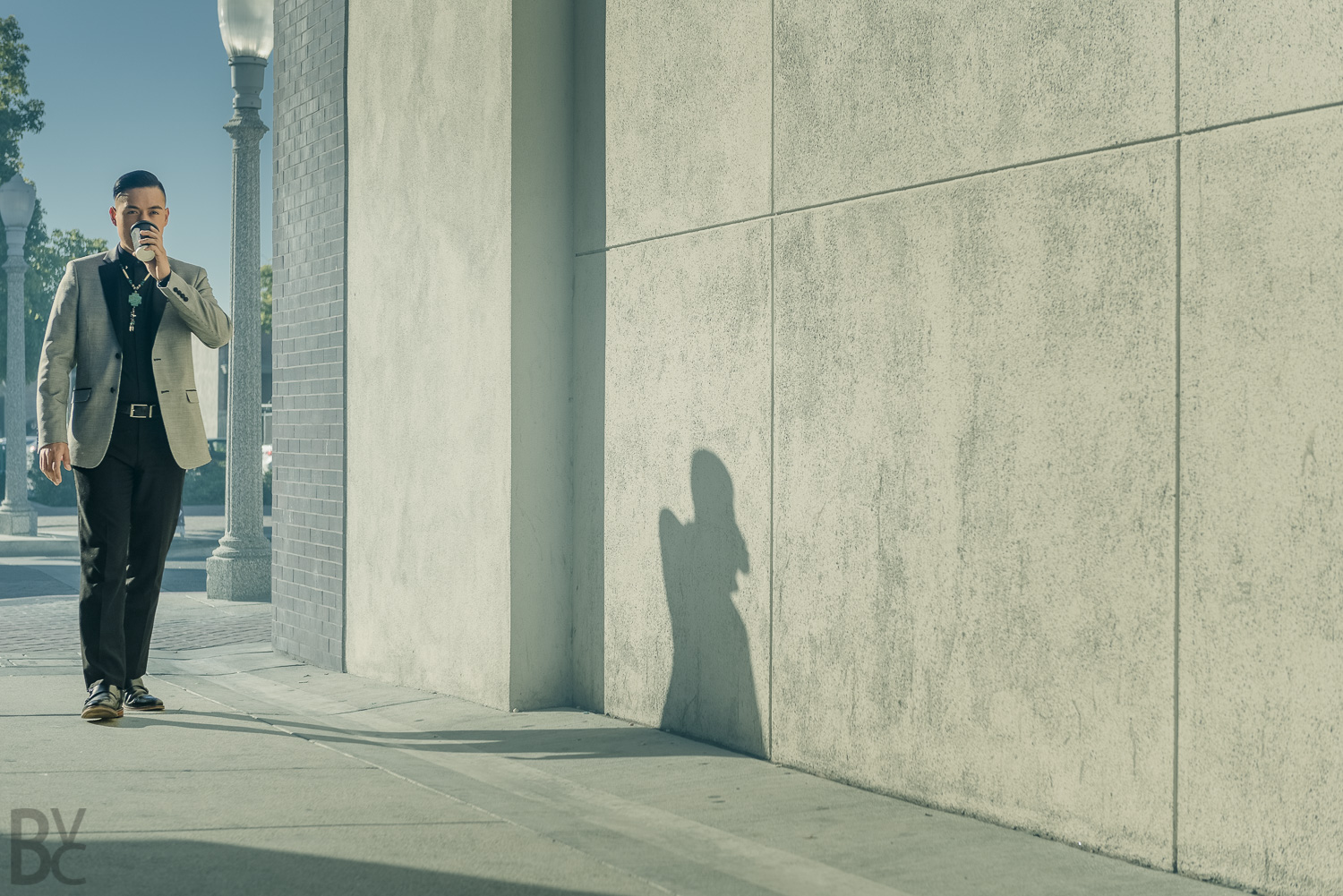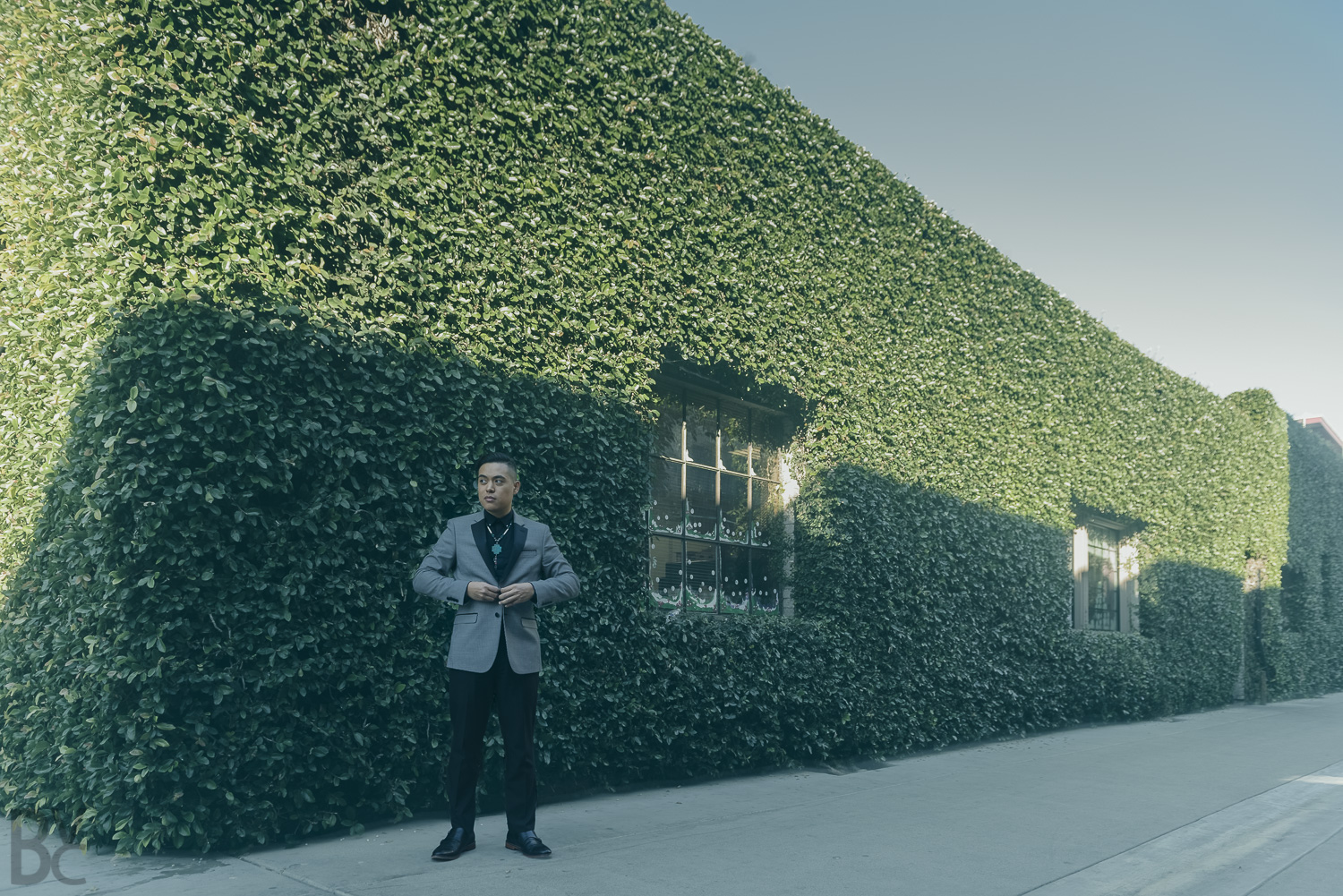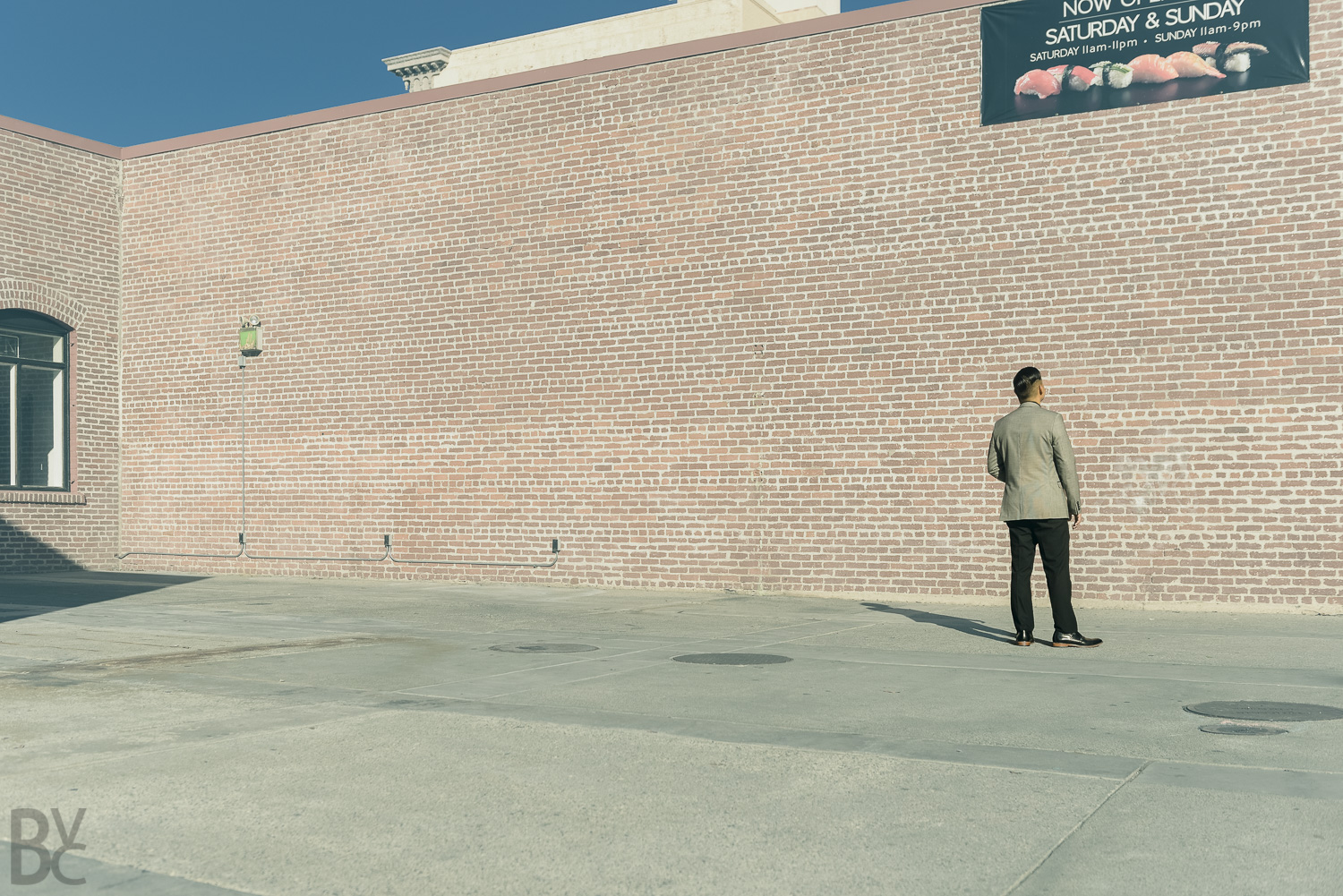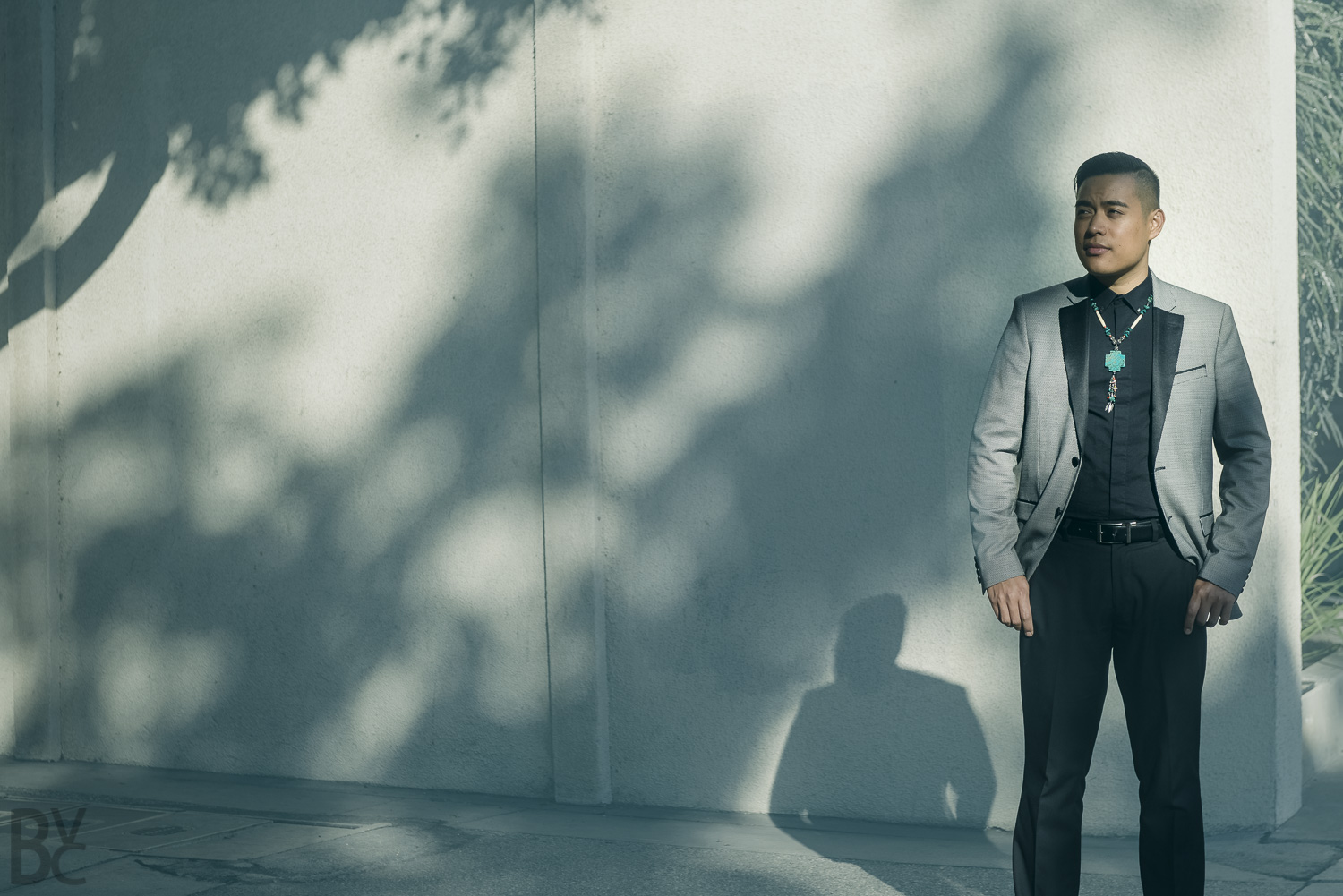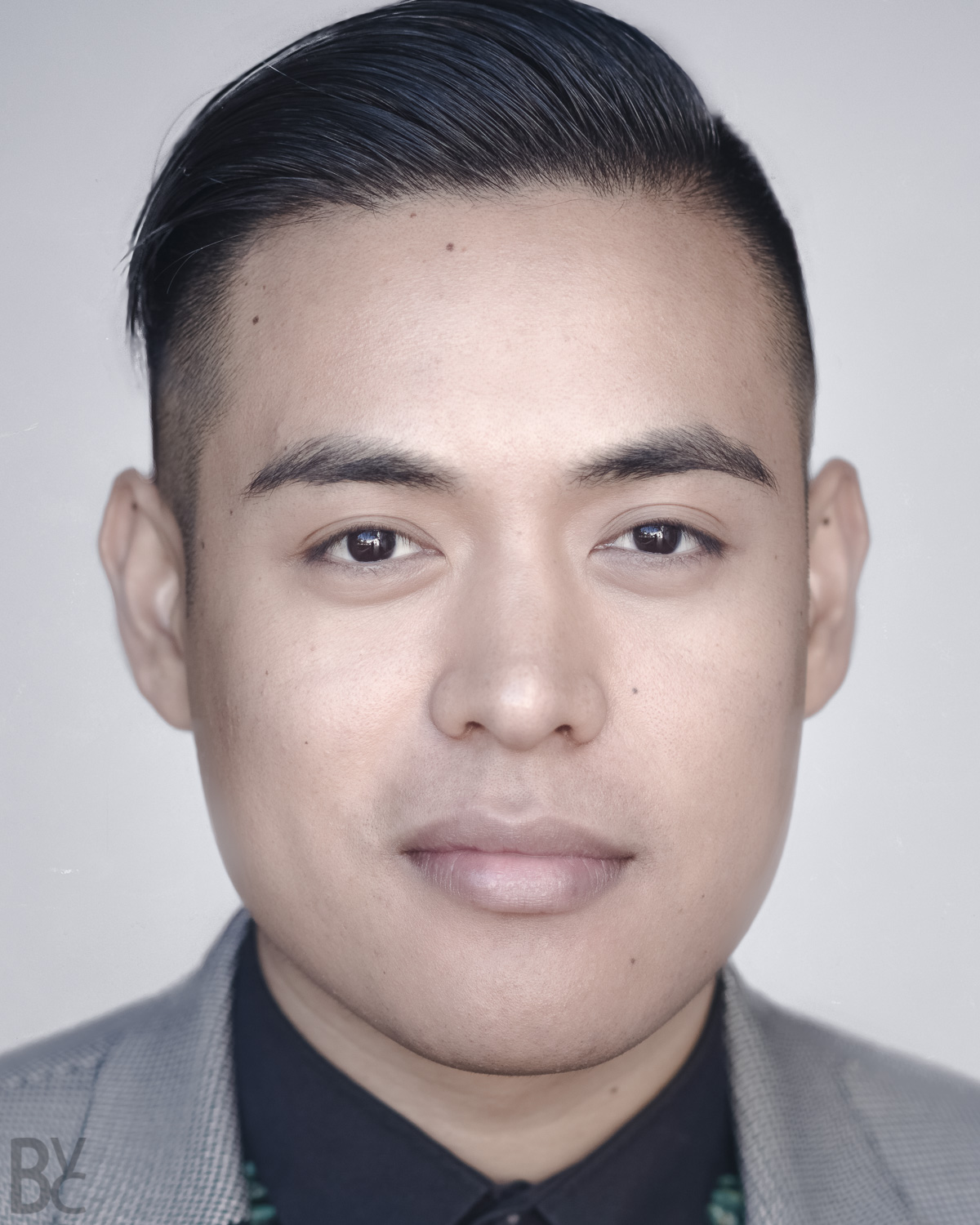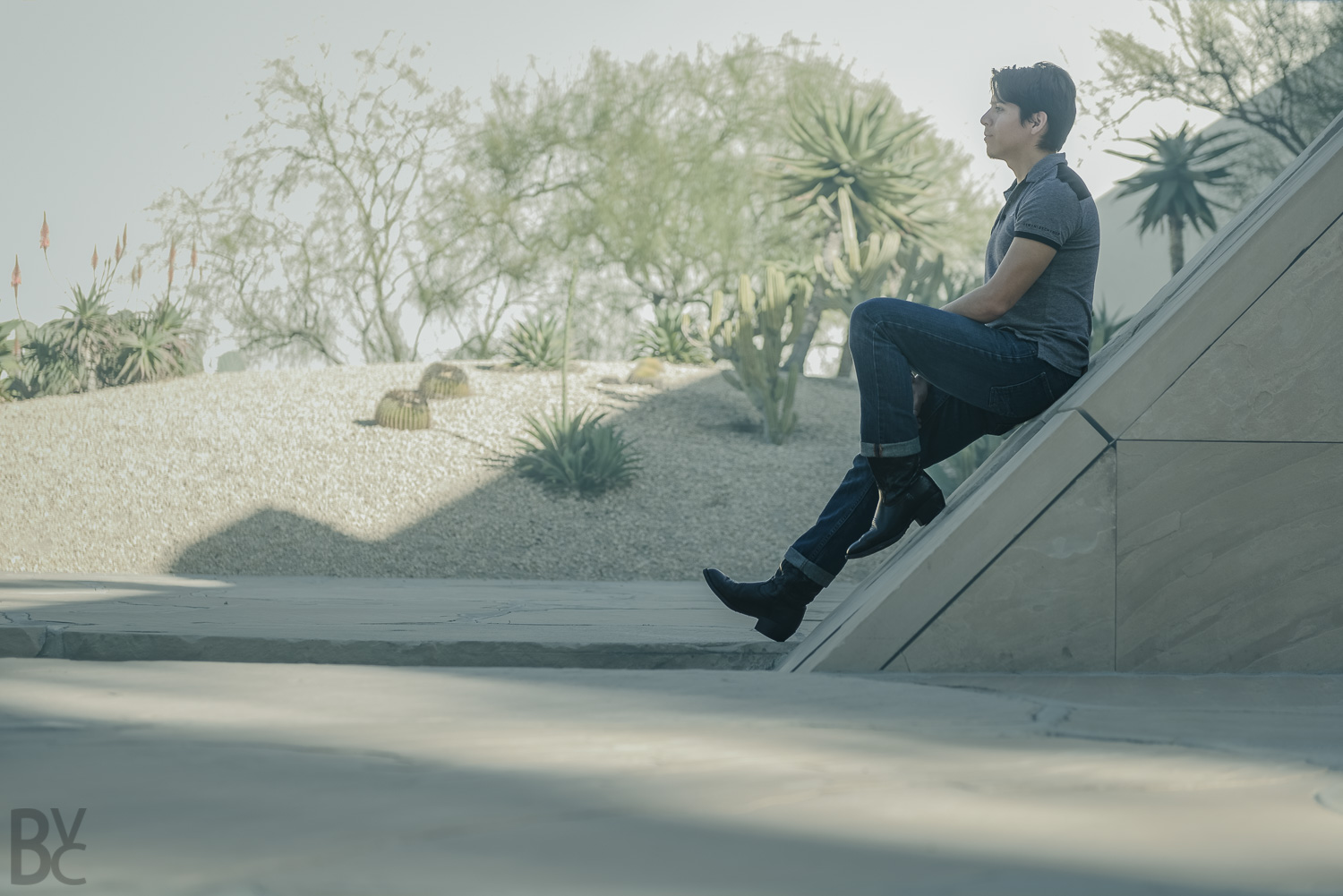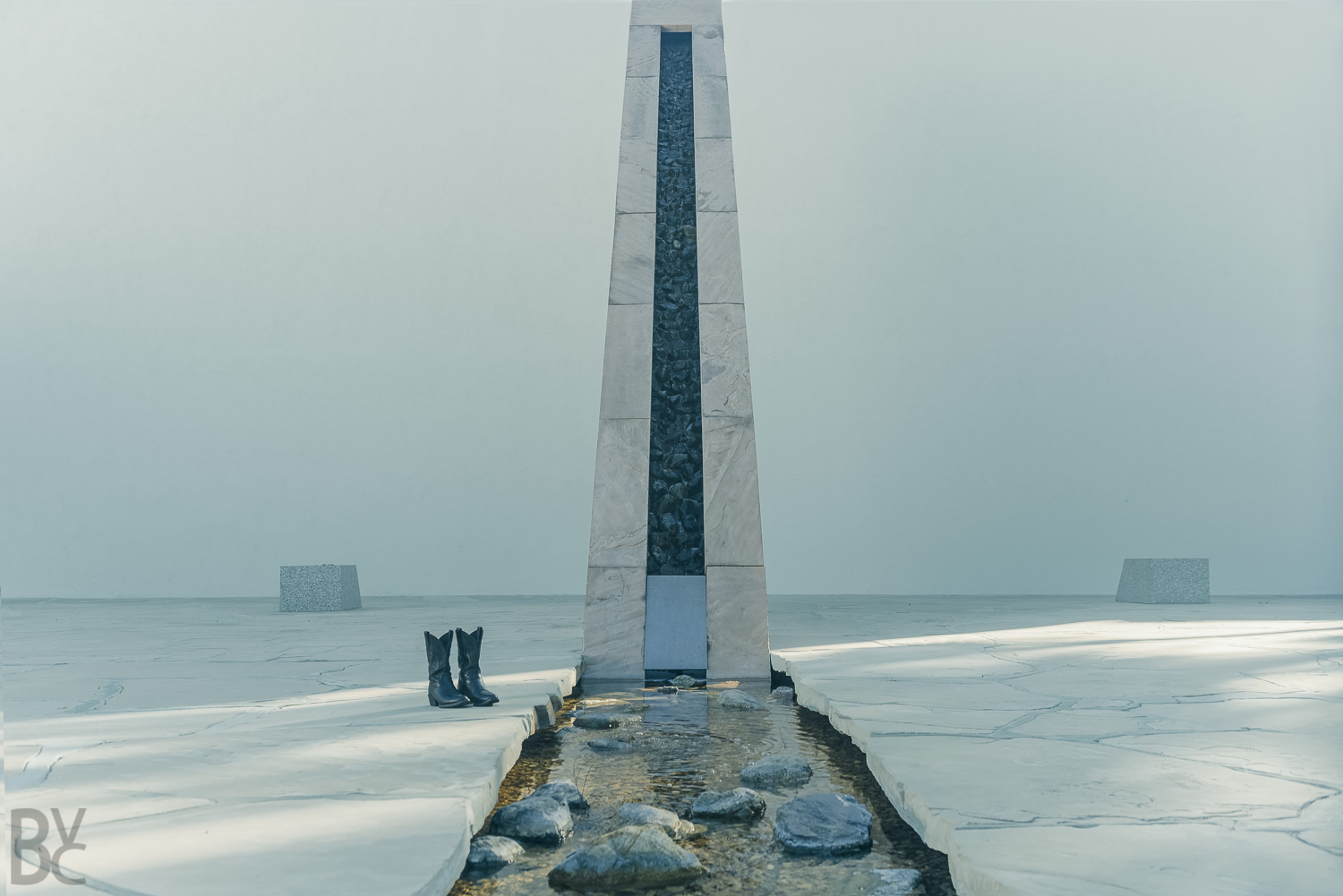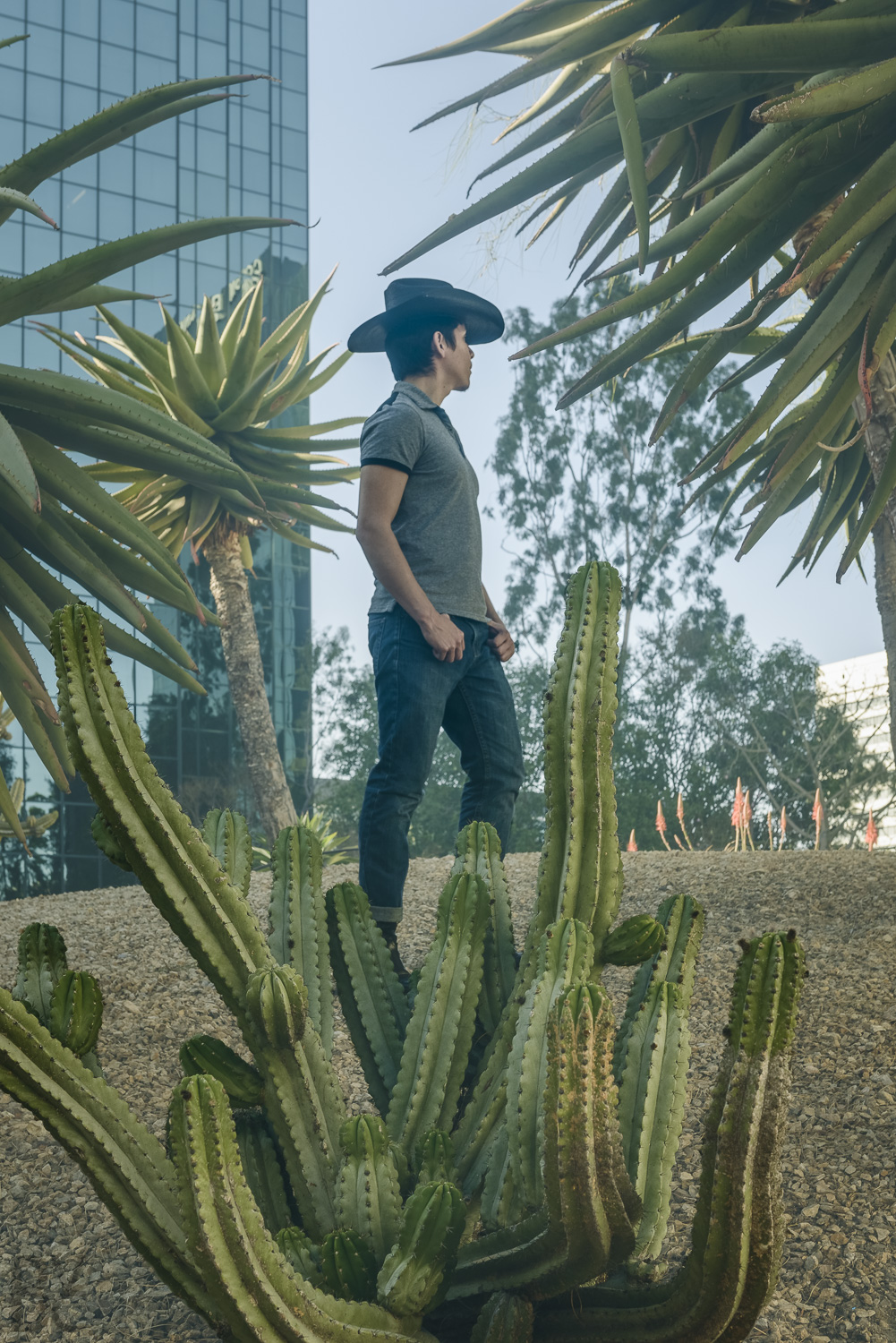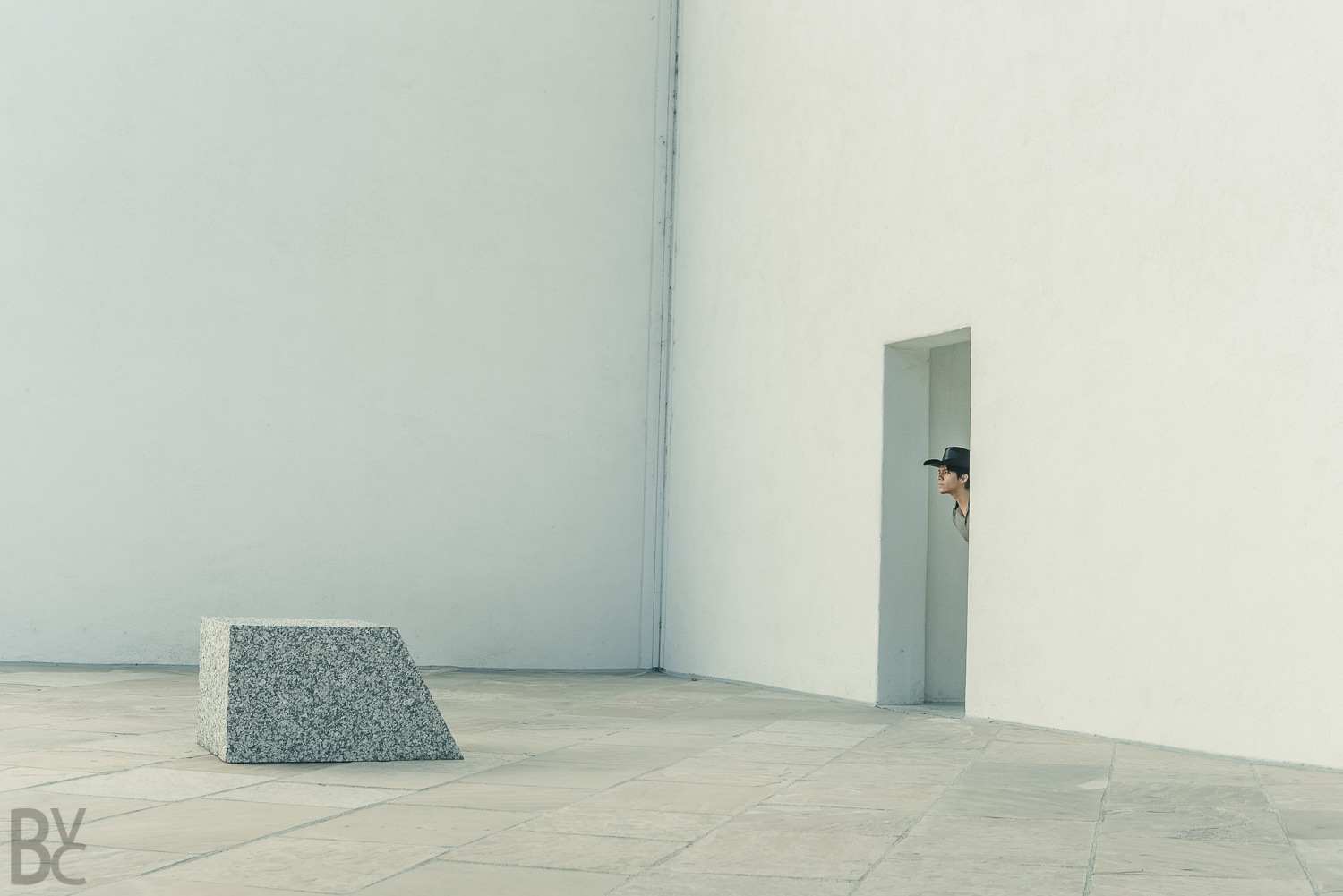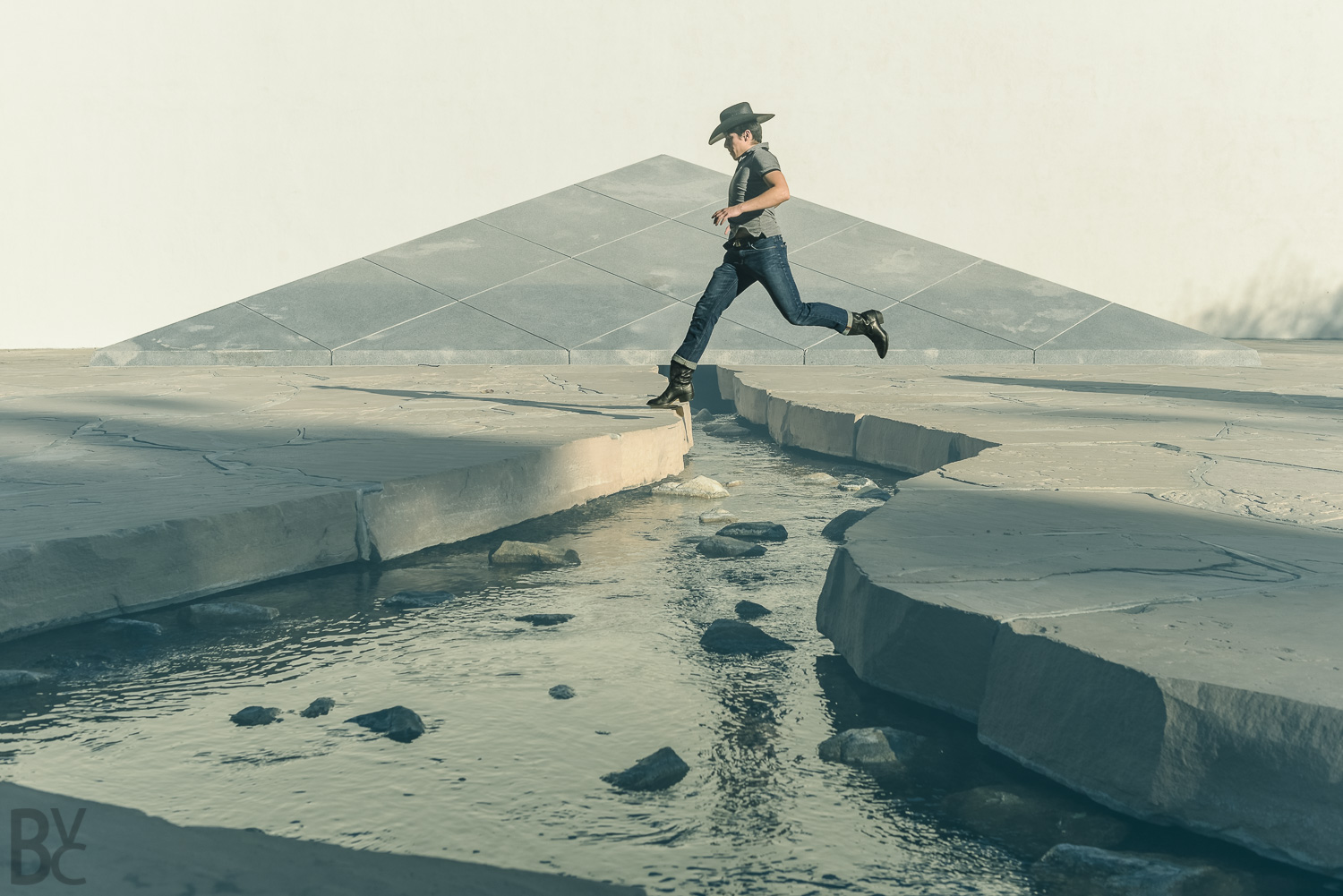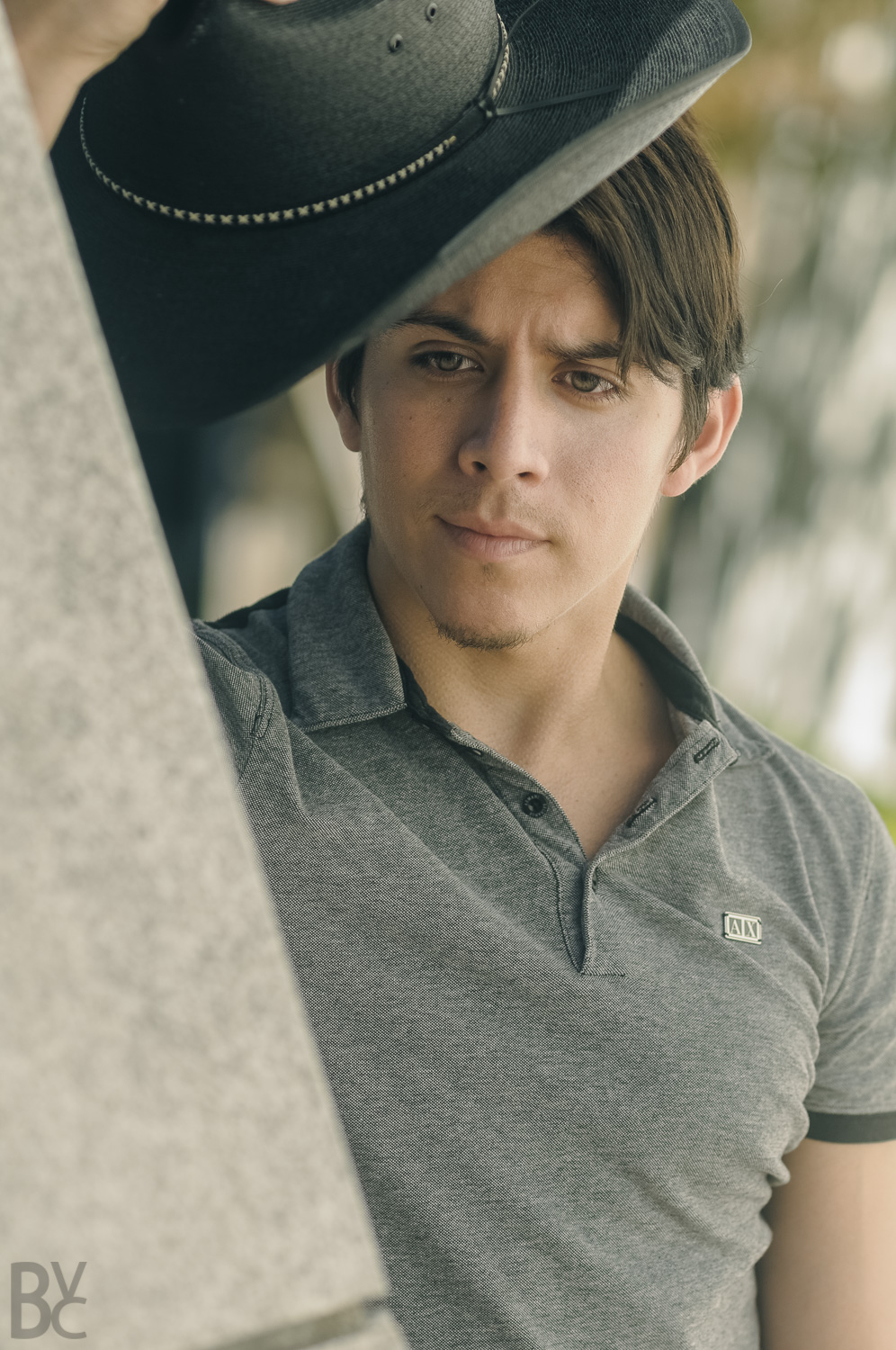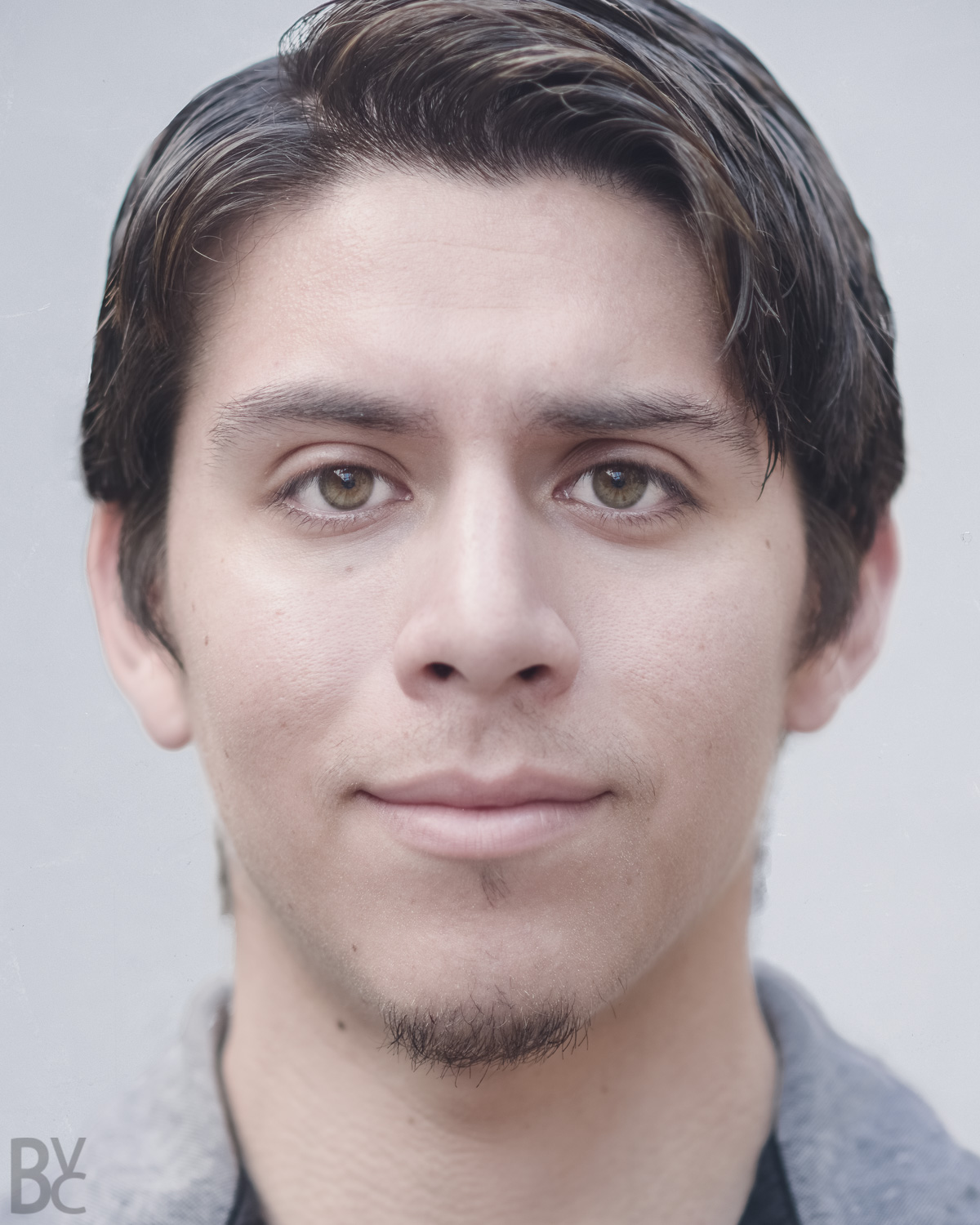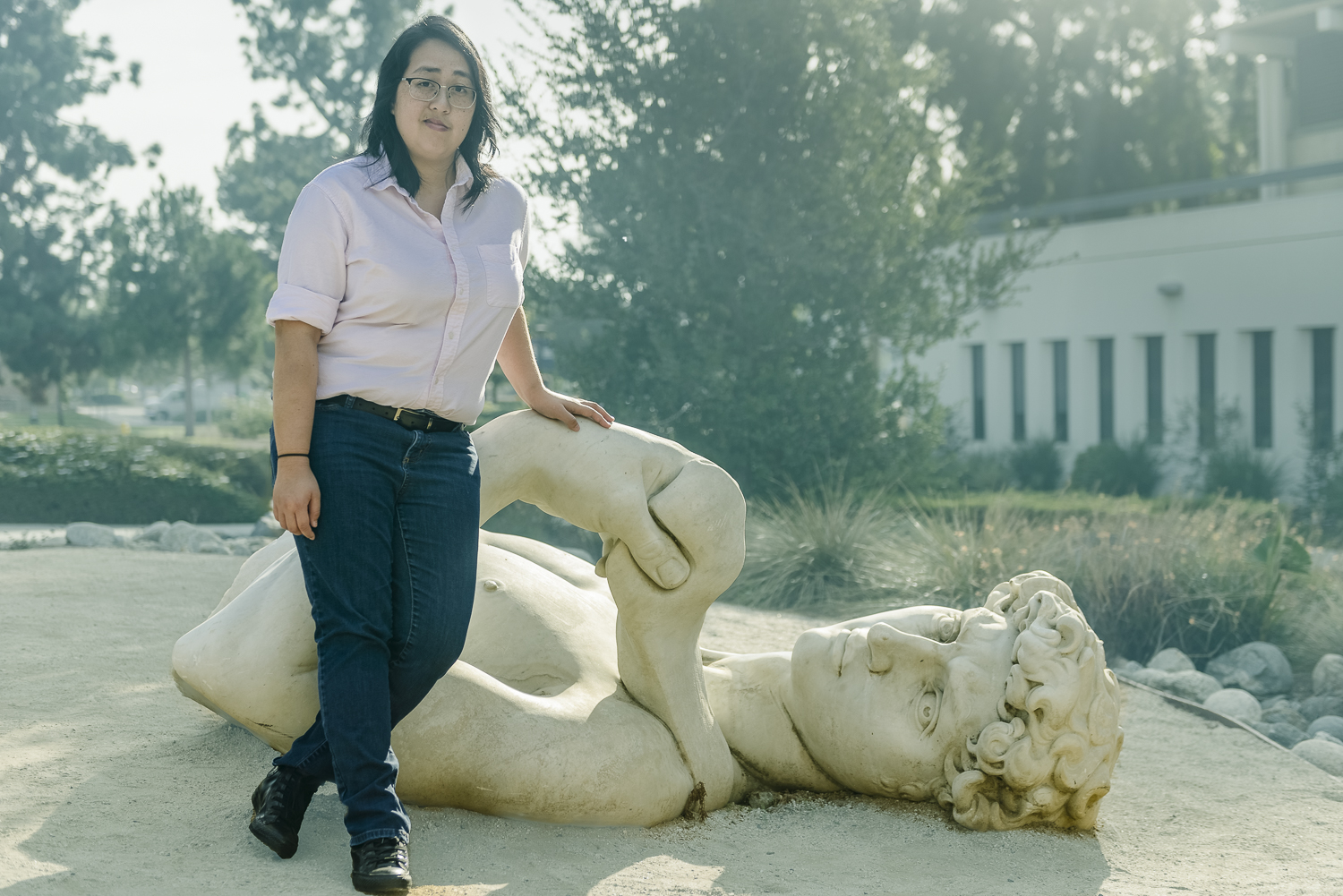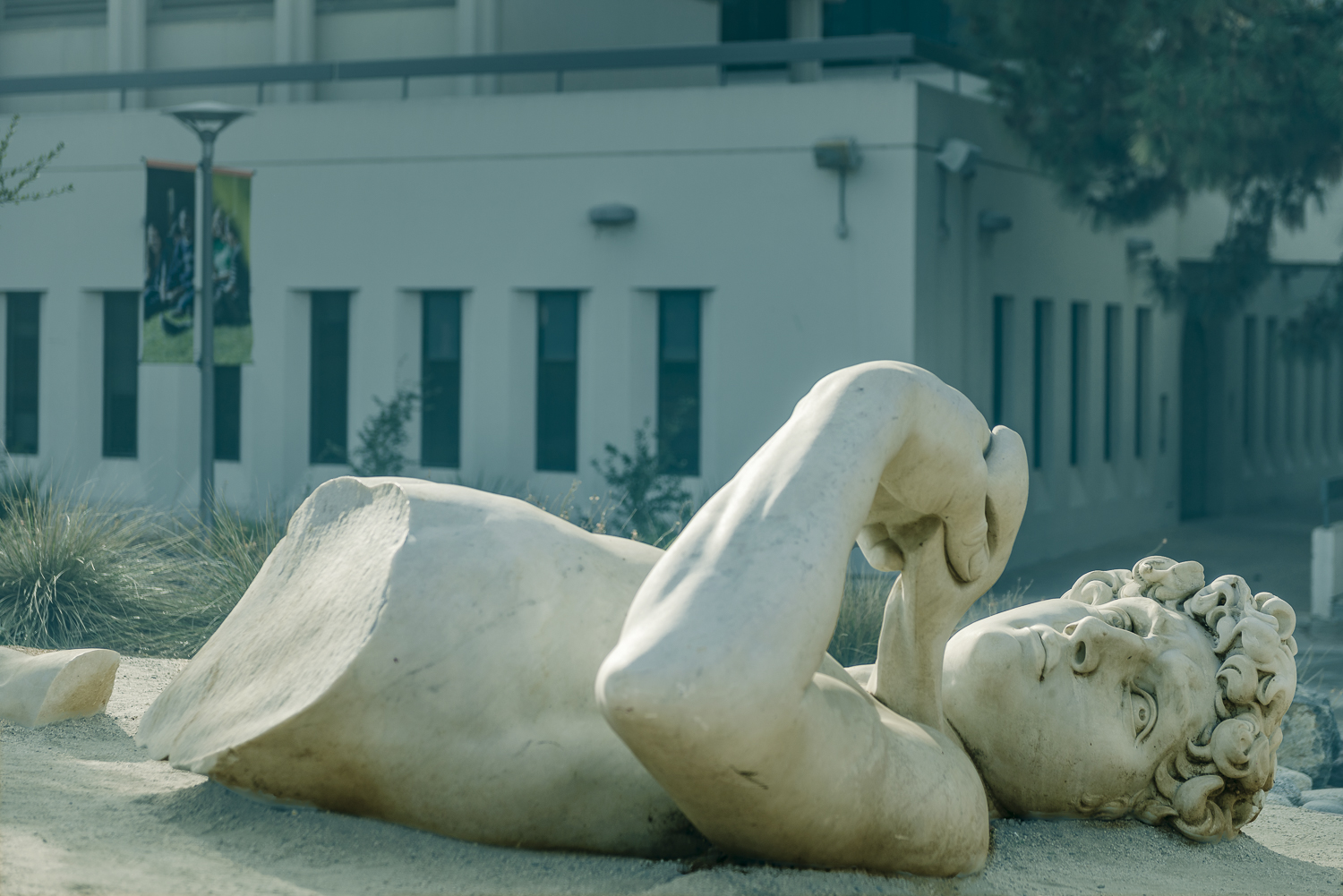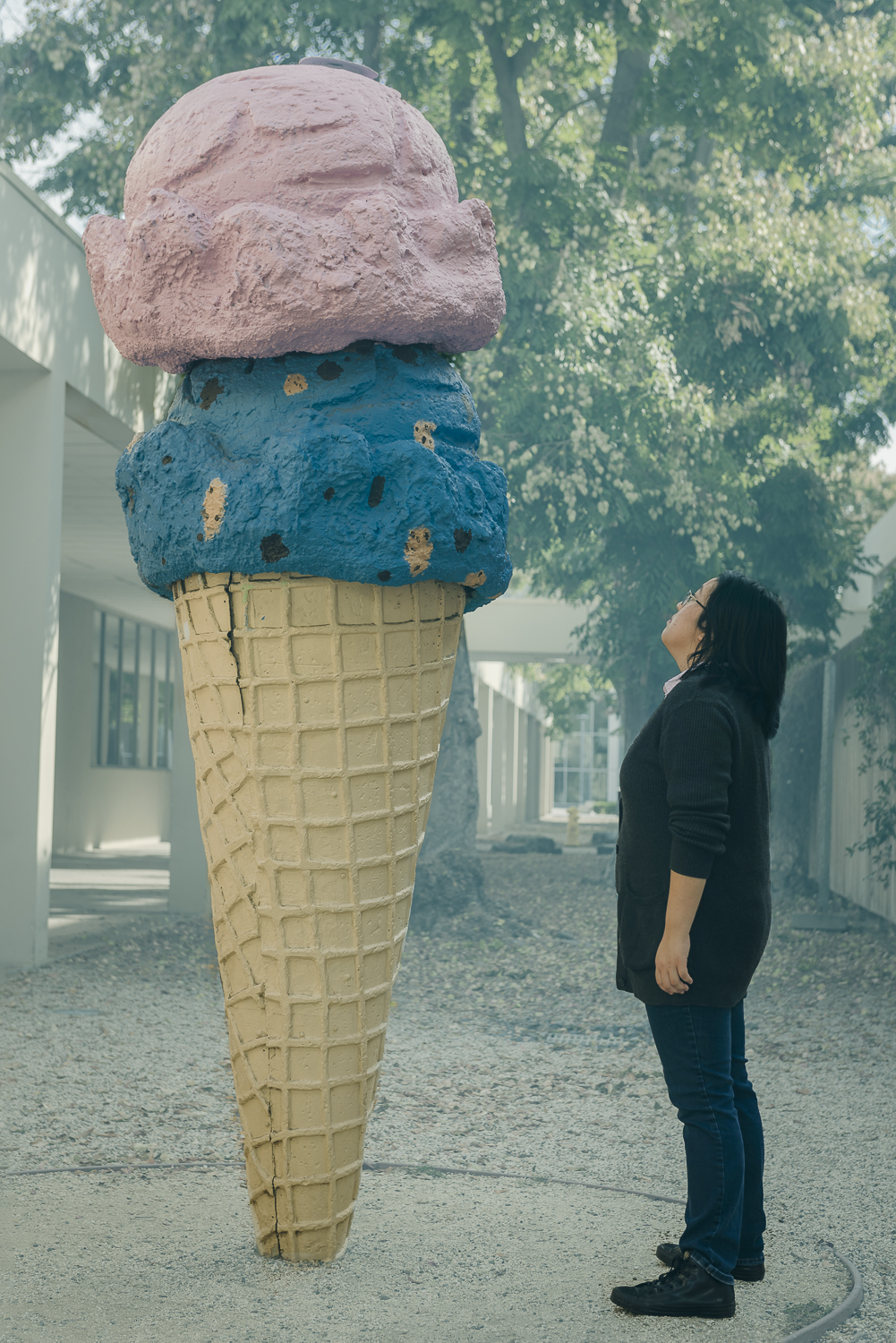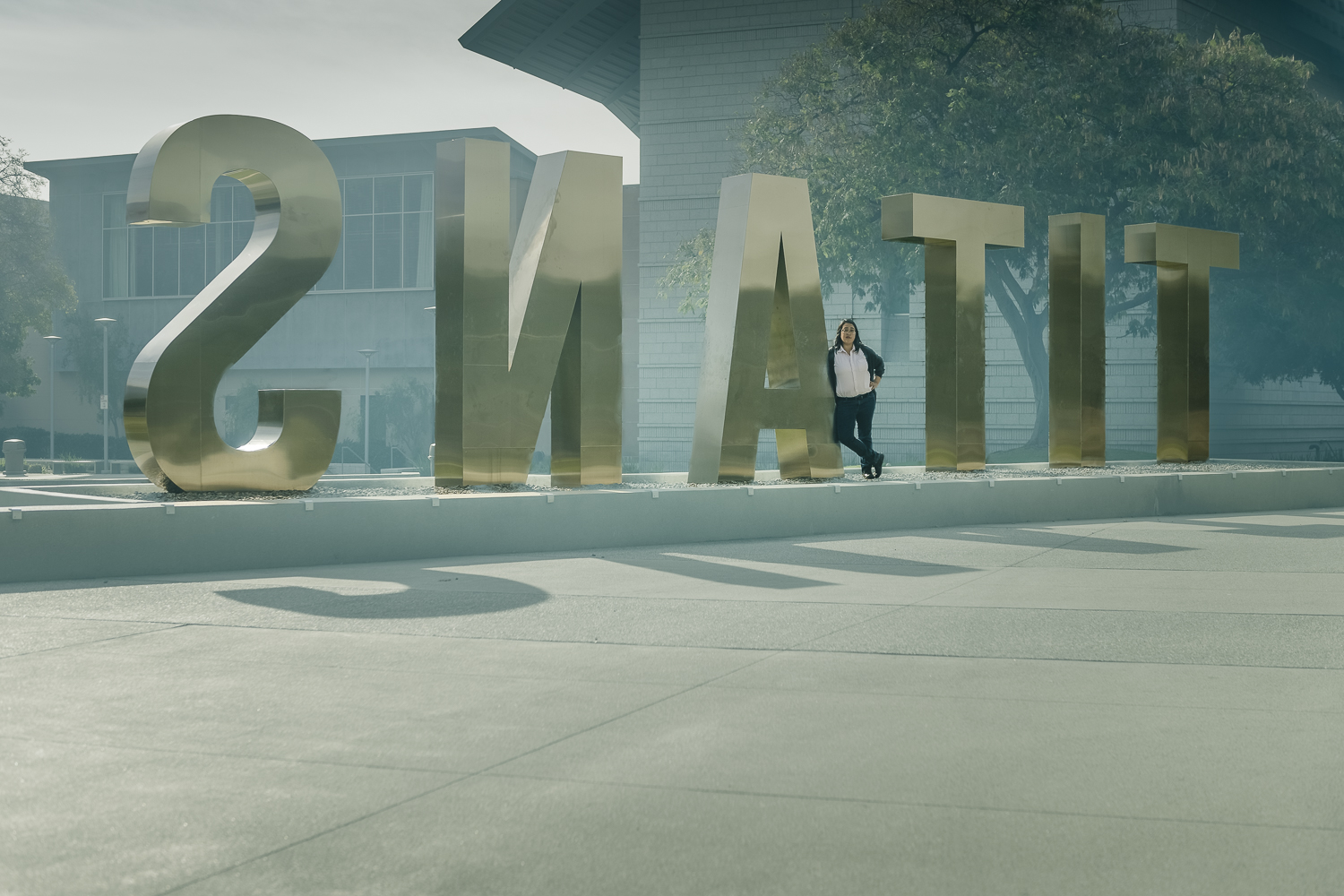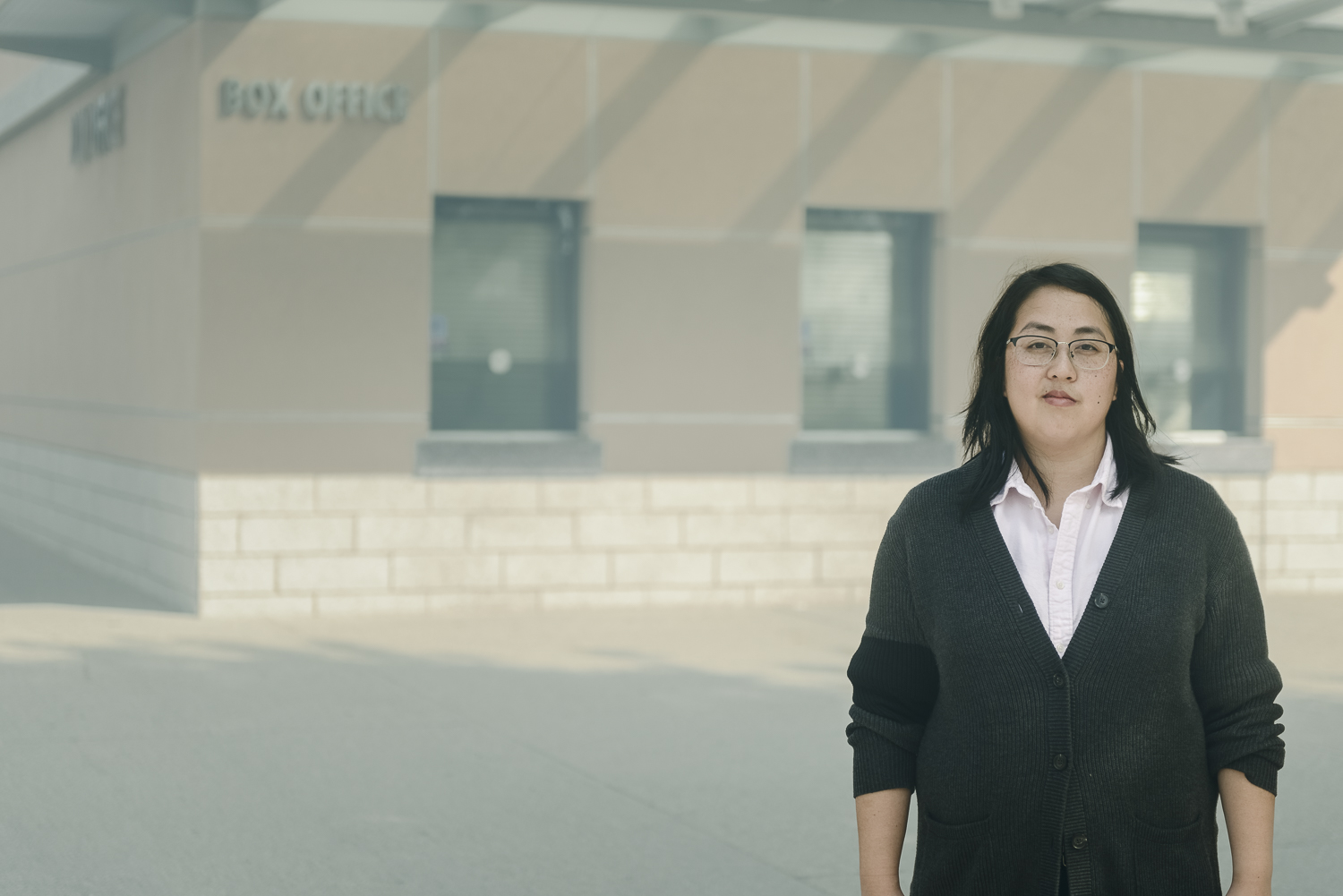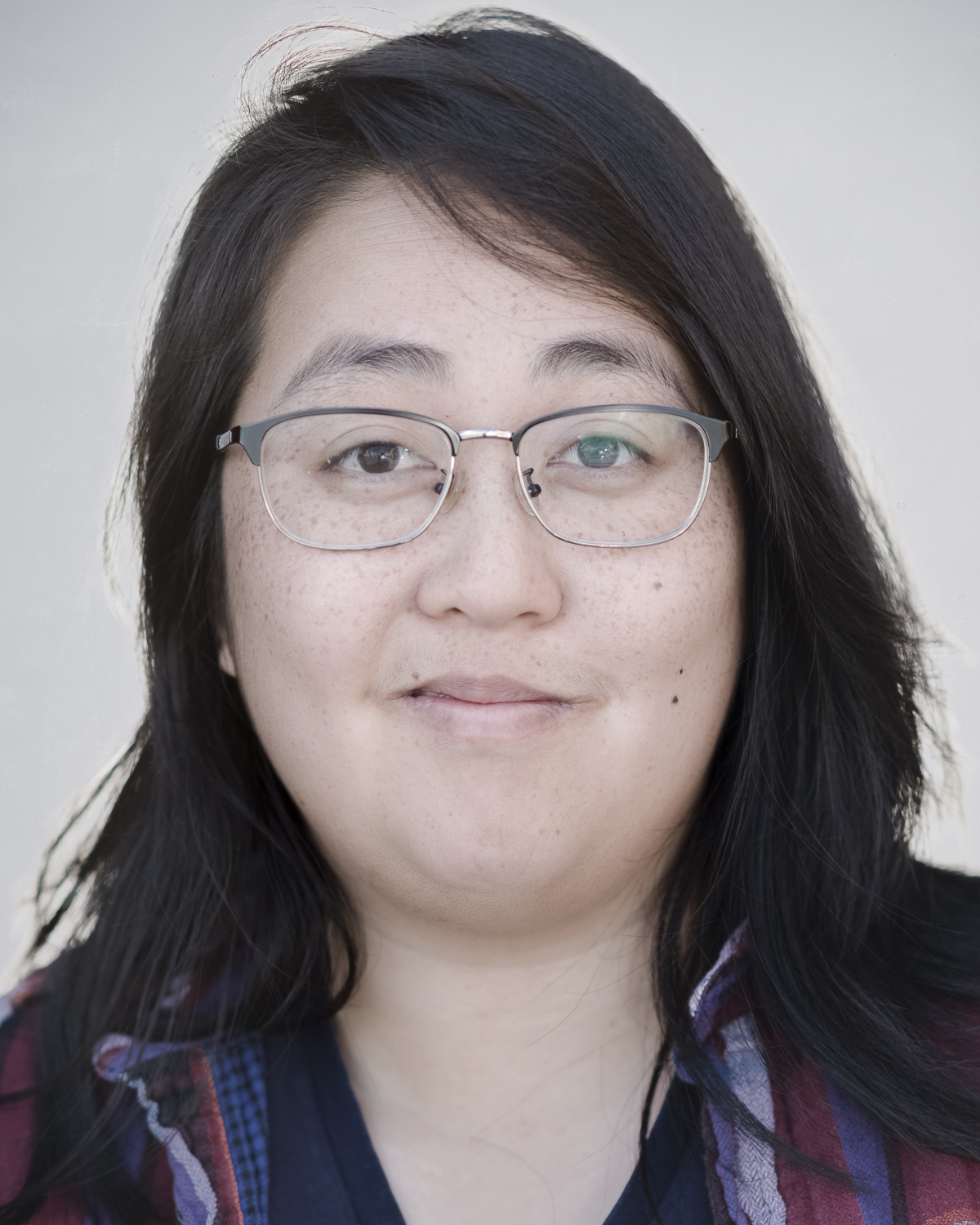Danielle S.
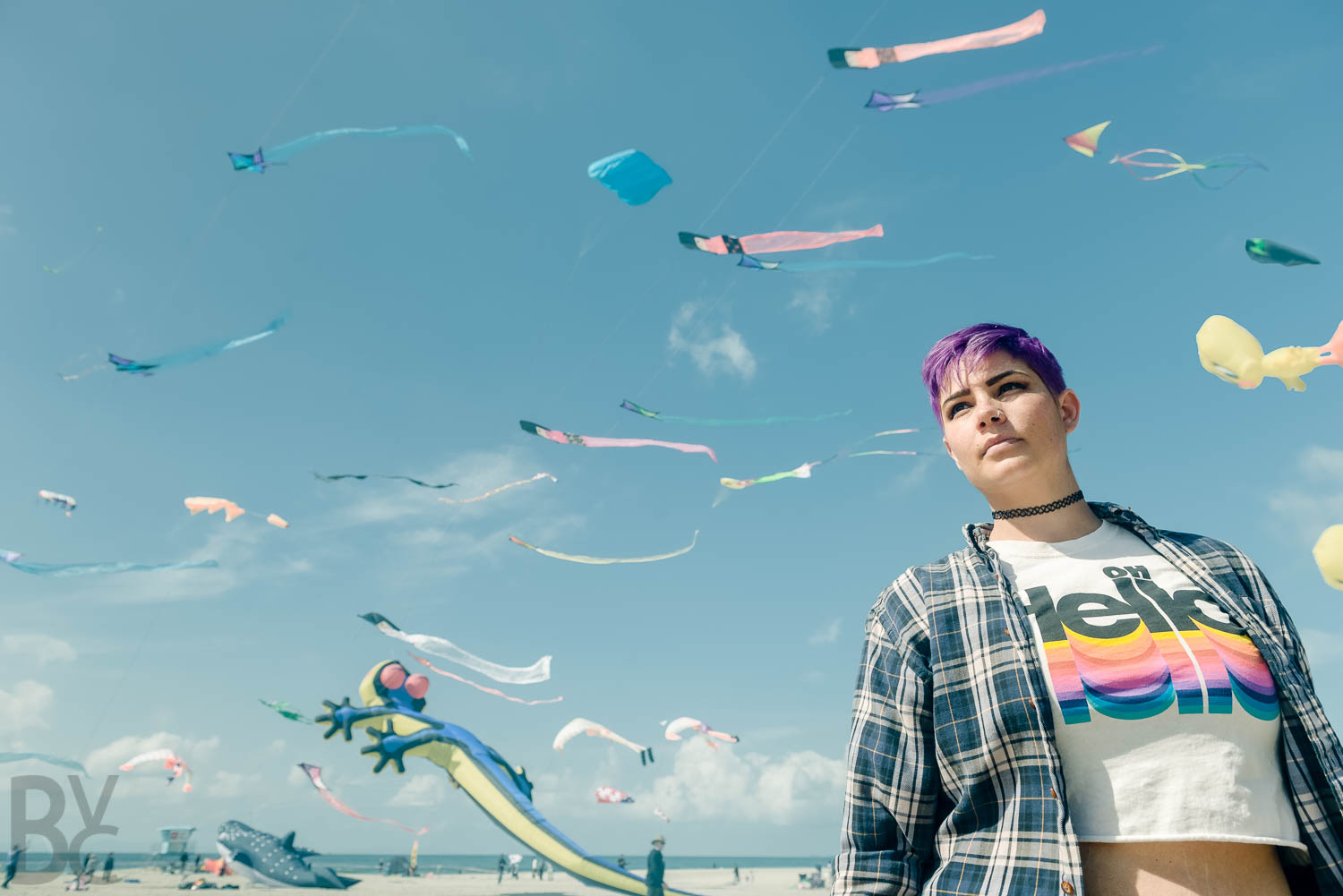
That’s not how I felt as a high school student. I came out when I was fifteen only to jump immediately back into the closet when I met with unfriendly peers and a lot of outright hostility. For a long time, it was much easier to date boys and not think too hard about the rest of my identity. It was years before I examined who I was again.
When I came back to high school, this time as a teacher, I had to make a choice about who I was going to be for my students. I was asked to be the staff advisor for the Queer Student Alliance, and at the very first meeting, I had to decide whether or not I was ready to be honest with students who were trusting me within their community. I came out on that first day, and I’ll never forget how much it meant to them to see that someone they knew—an adult! a teacher!—understood part of what they were dealing with, what they were up against.
Since then, I’ve also become polyamorous. I’m married to my (male) high-school sweetheart, and I’ve been with my girlfriend, whom I love deeply, for almost a year. That brand of visibility has been harder for me, but I’m learning to be more open about that part of my life as well. My students deserve to know my most authentic self and can only benefit from understanding the rich diversity of the world in which they live.
Visibility is part of my identity now in a way I could never have anticipated as a teenager. It’s part of my teaching. I come out to all of my students in October on National Coming Out Day, I speak at LGBTQ+ educational events, I offer a safe space on my campus for queer students, and it’s part of how I conduct myself in every part of my life.
It hasn’t been easy. I’ve taken up overt LGBTQ+ advocacy work at my school and in my district, and in deeply conservative south Orange County not everyone is enthusiastic about change. There have been discouraging days where I felt that I could love my local community with all my heart, but that didn’t mean they would love me or my students back.
But for every bad day, there’s hope, rooted in the decision to be visible: a mother stopping her family to tell my girlfriend and I that we look cute together; a parent asking to borrow books from my classroom’s LGBTQ+ library so she can learn more about her transgender son; a student finding her way to my room because she heard it was safe to talk to me. These moments are what make visibility worth it, and to be counted among those visible in my community is something I value.
